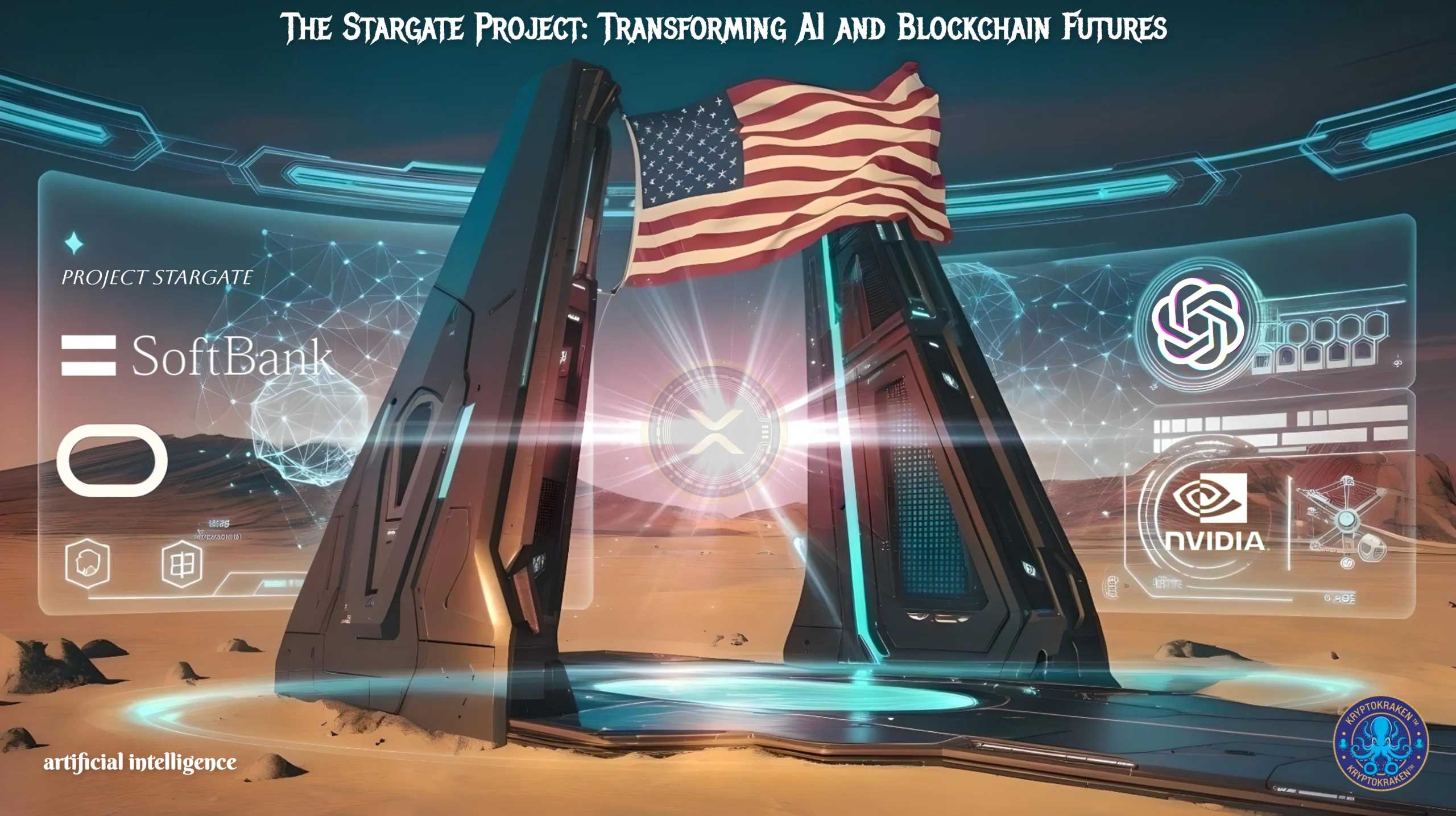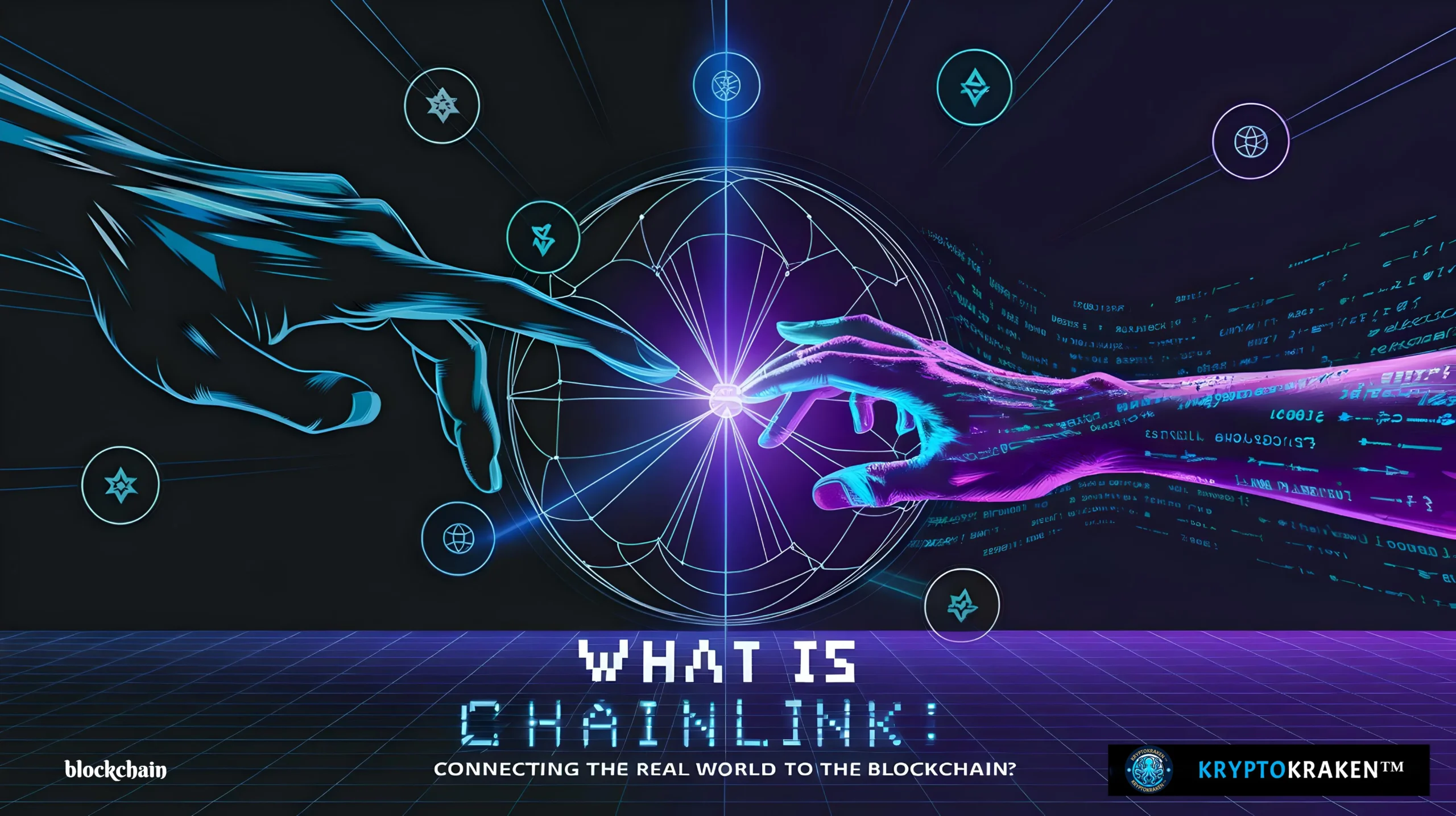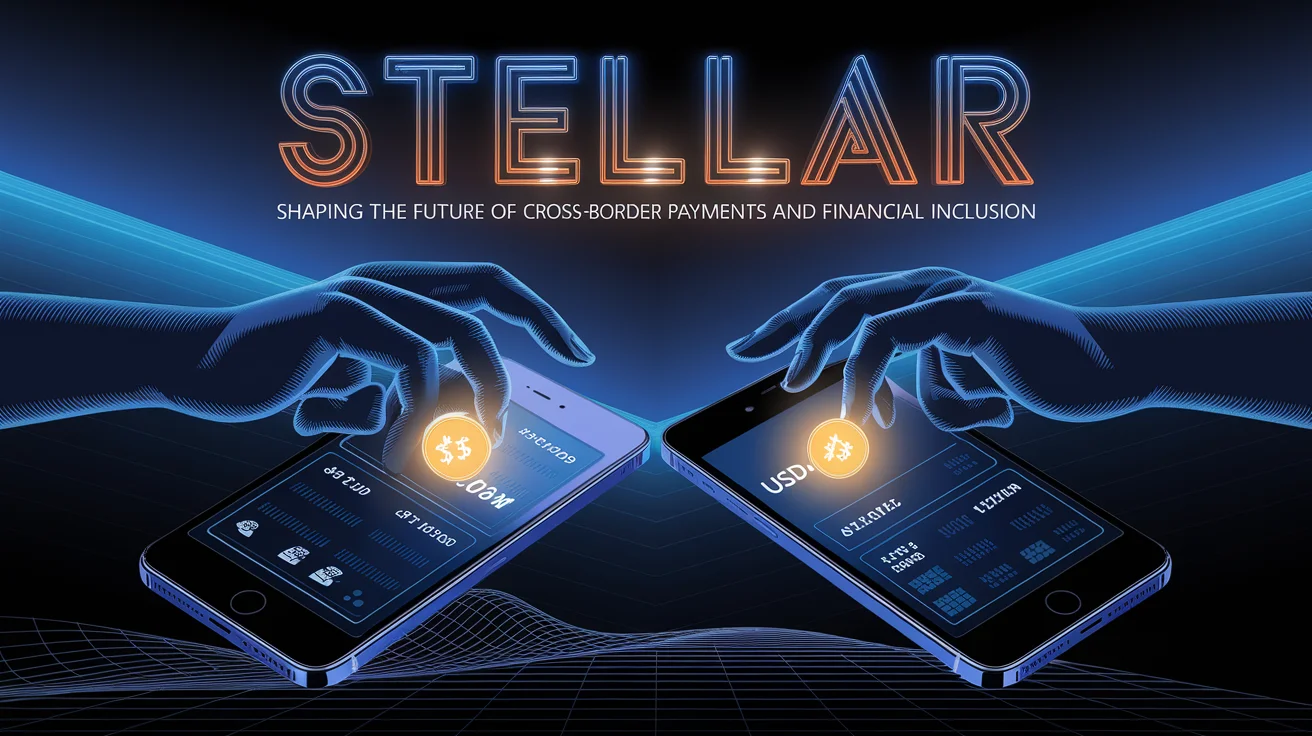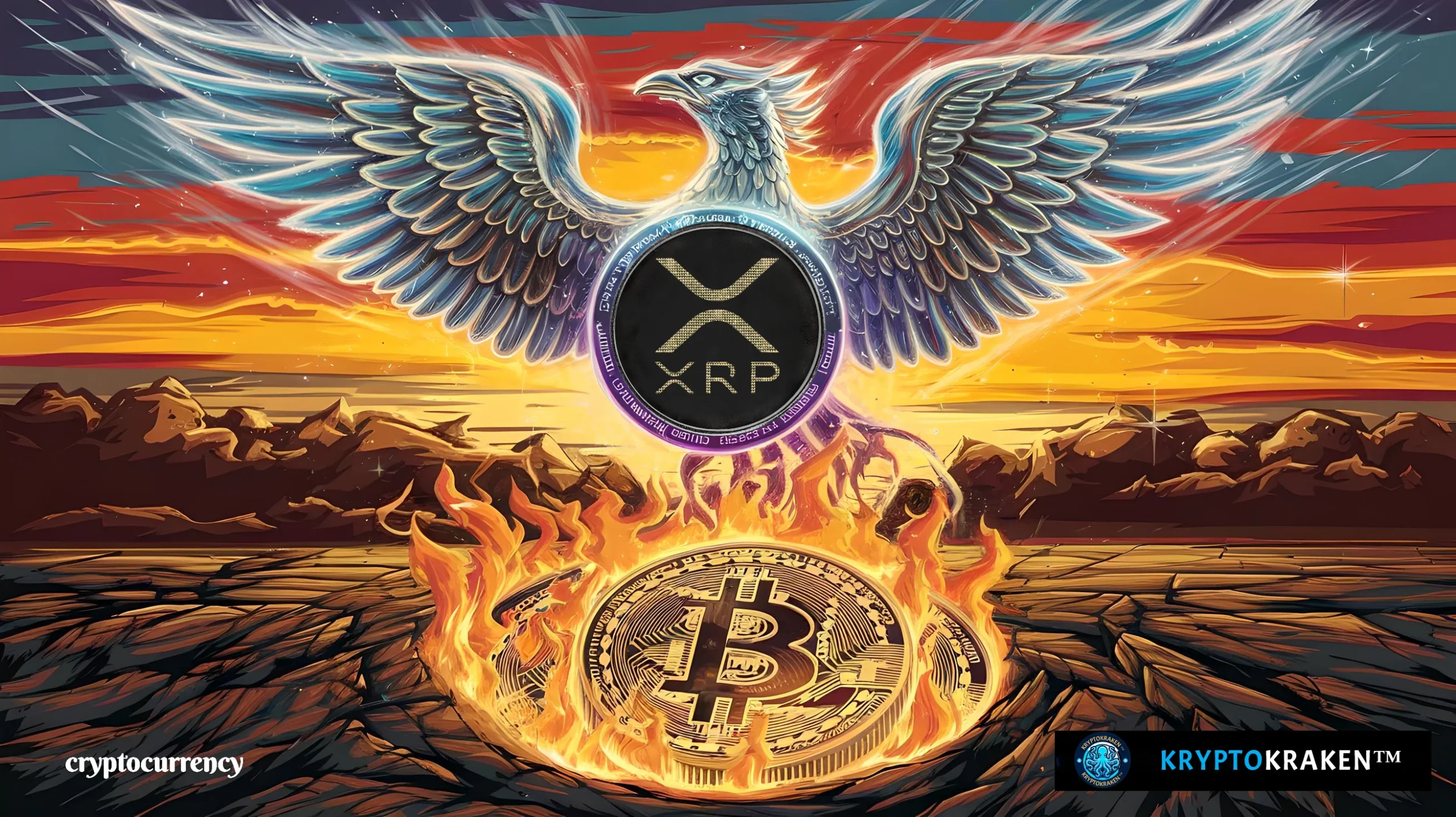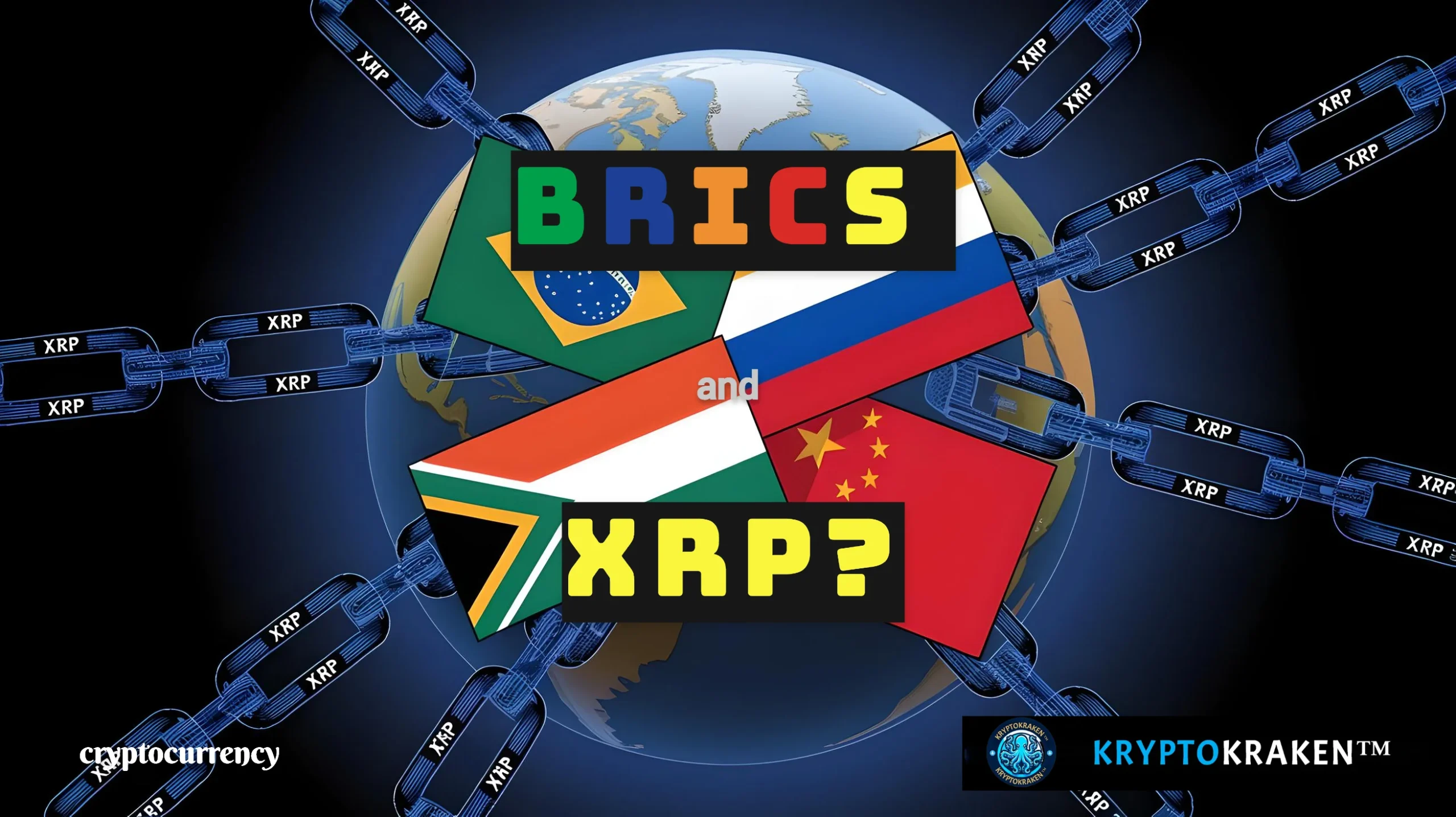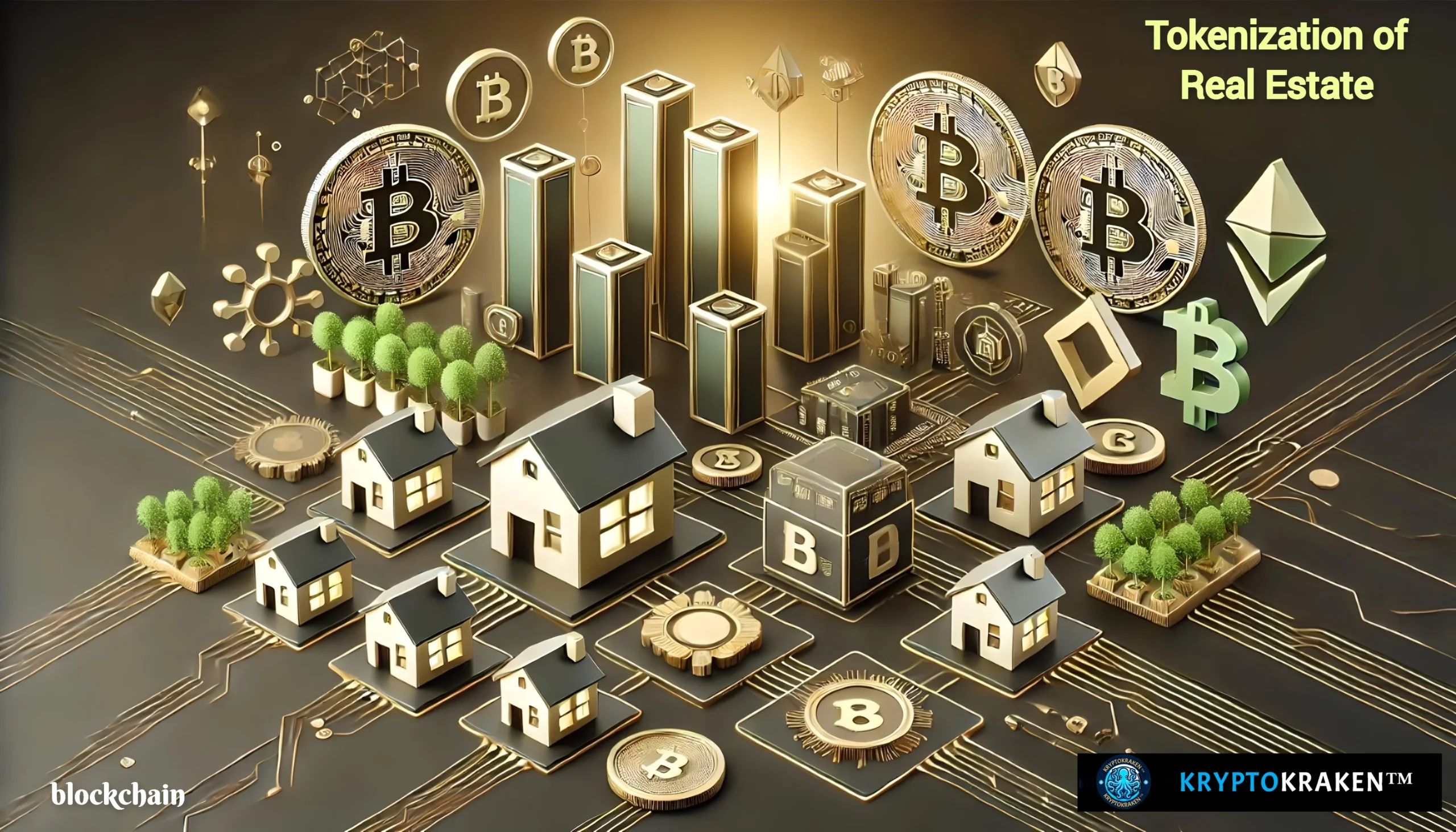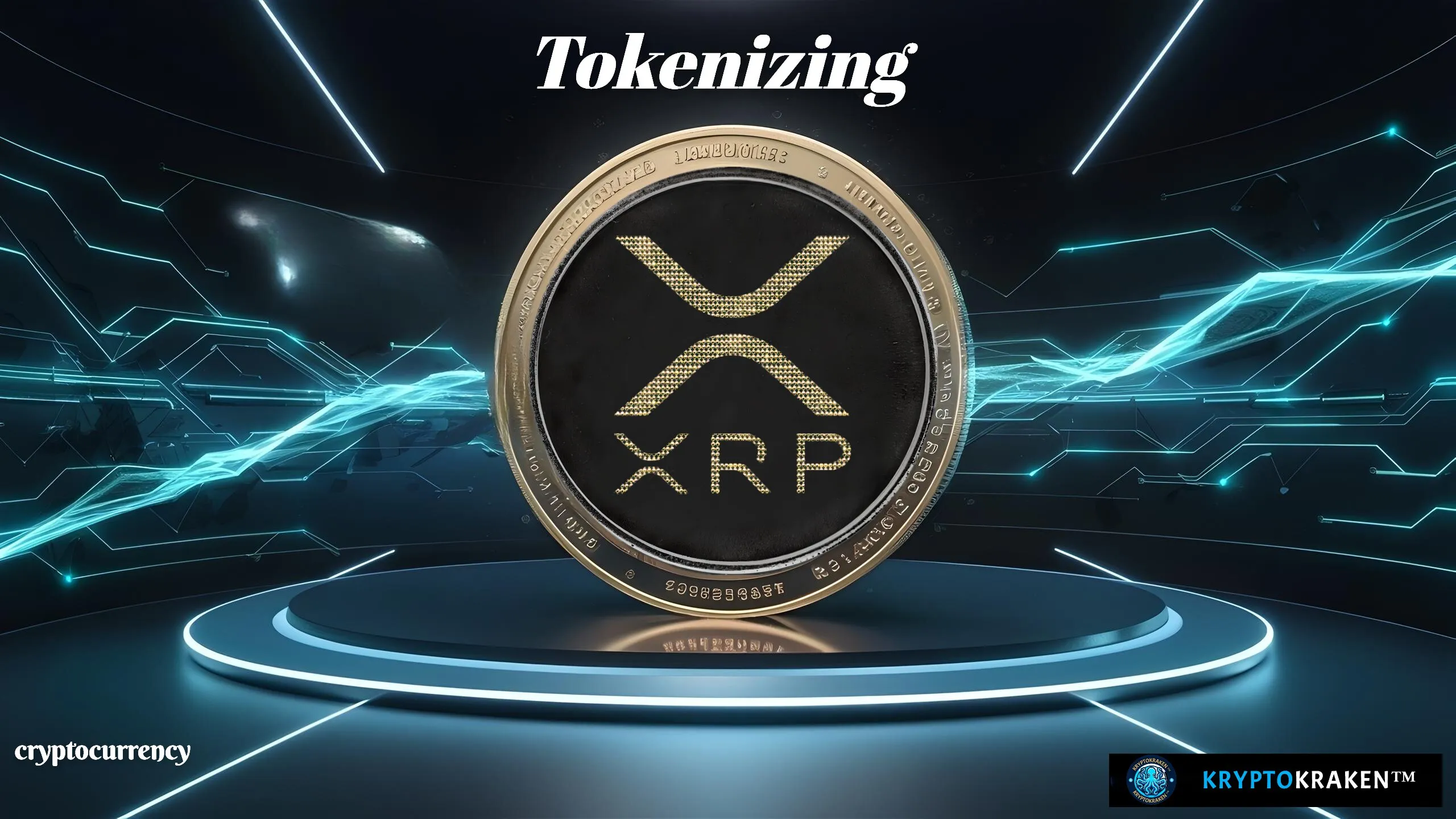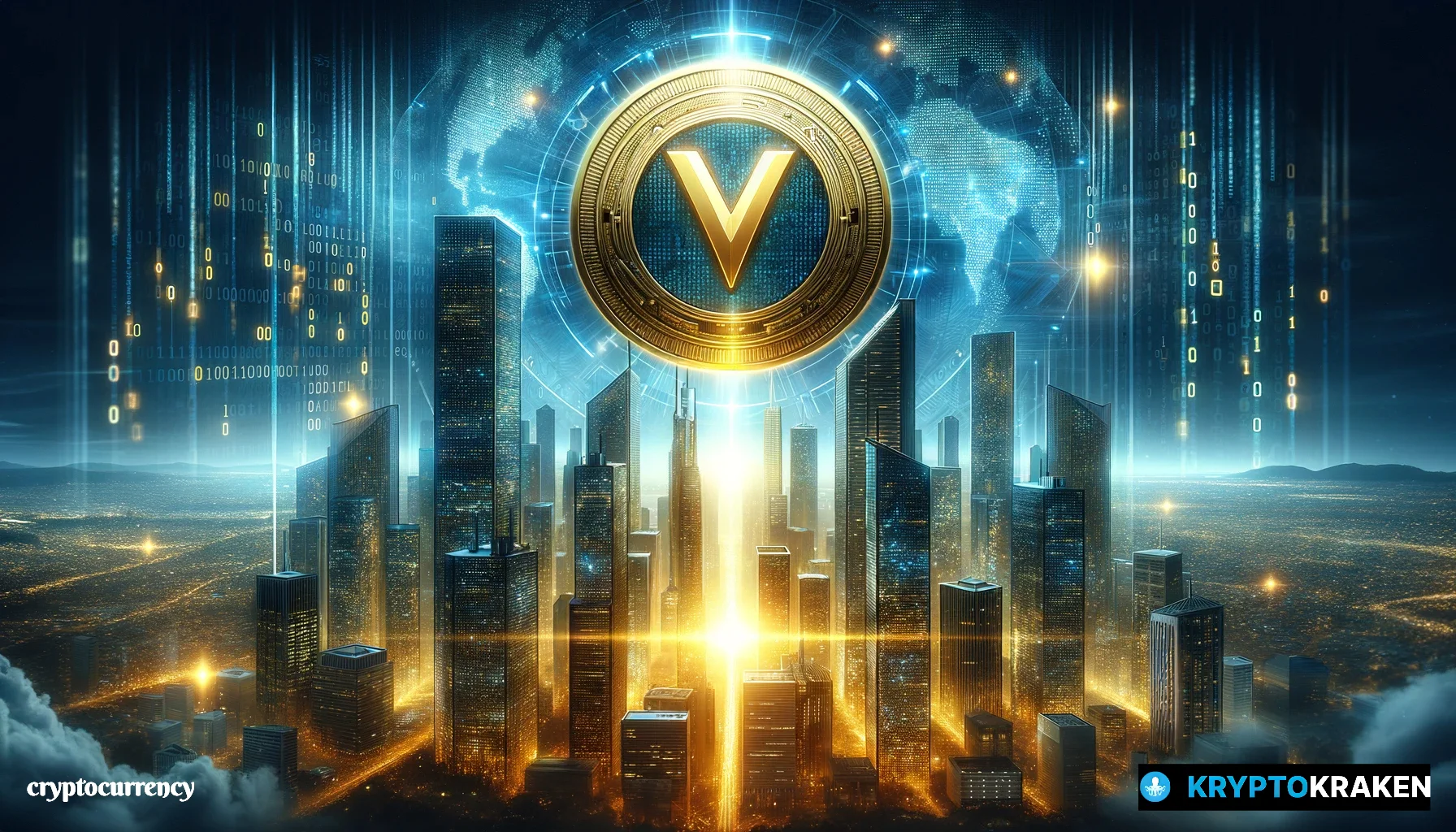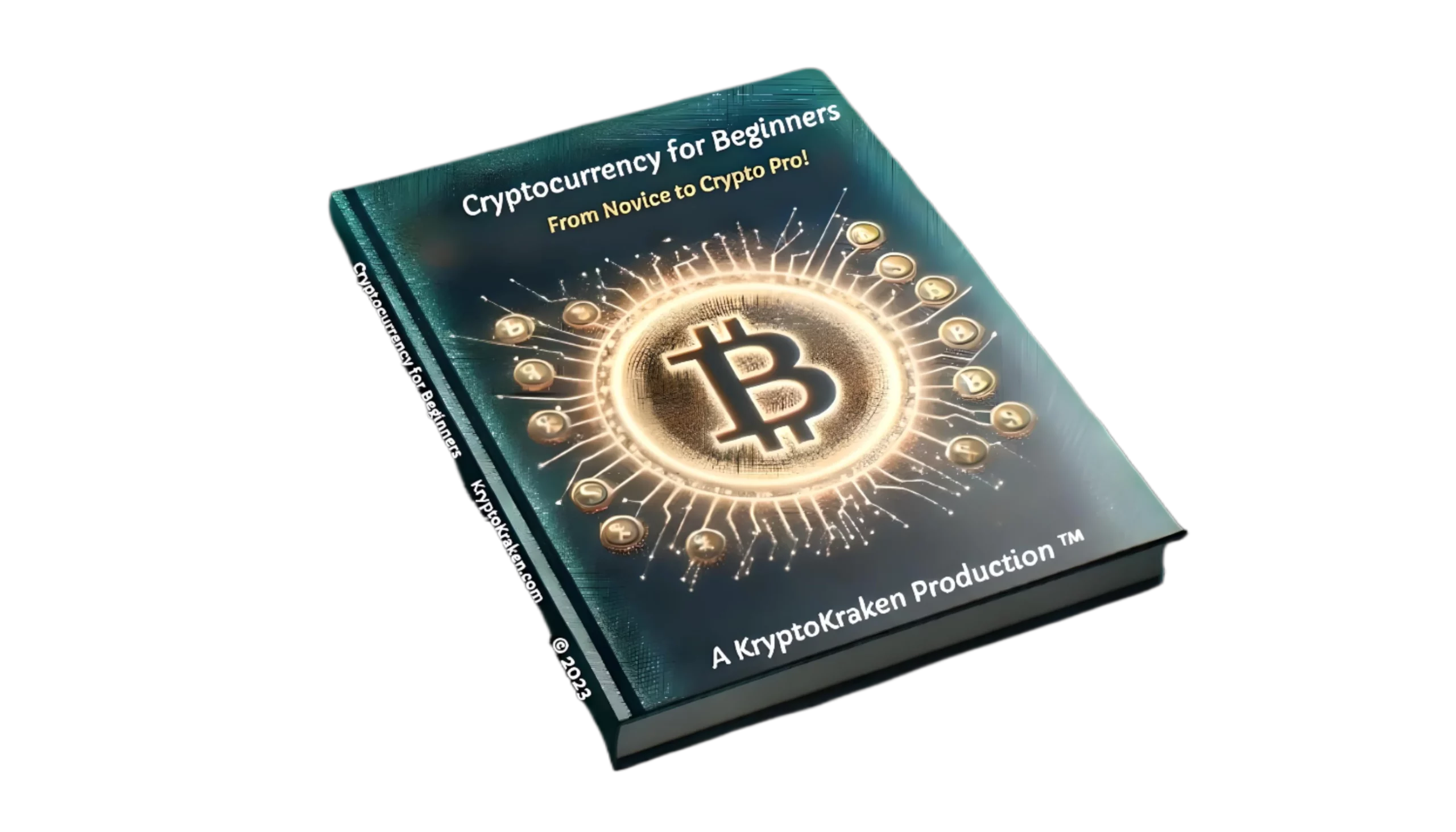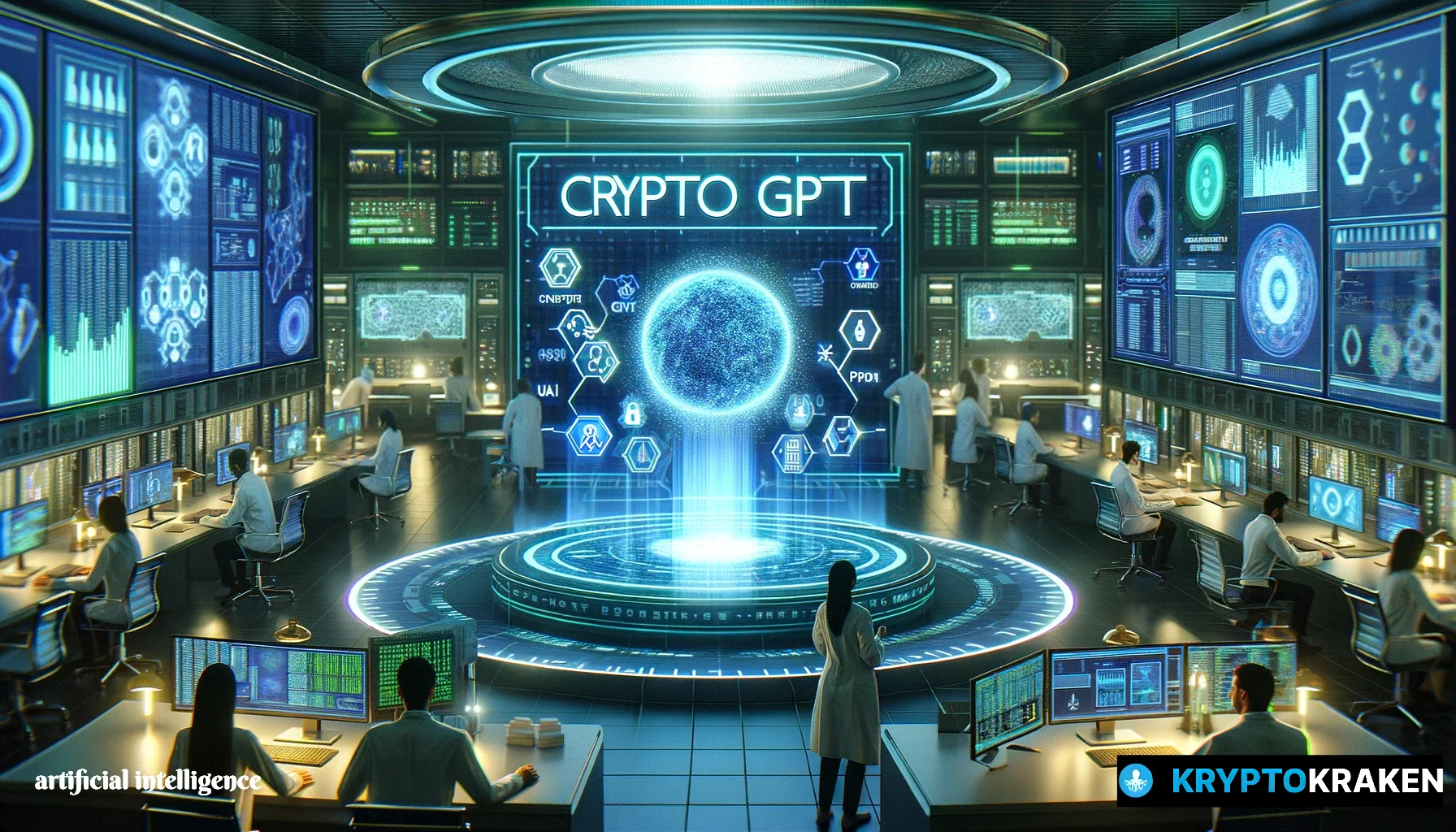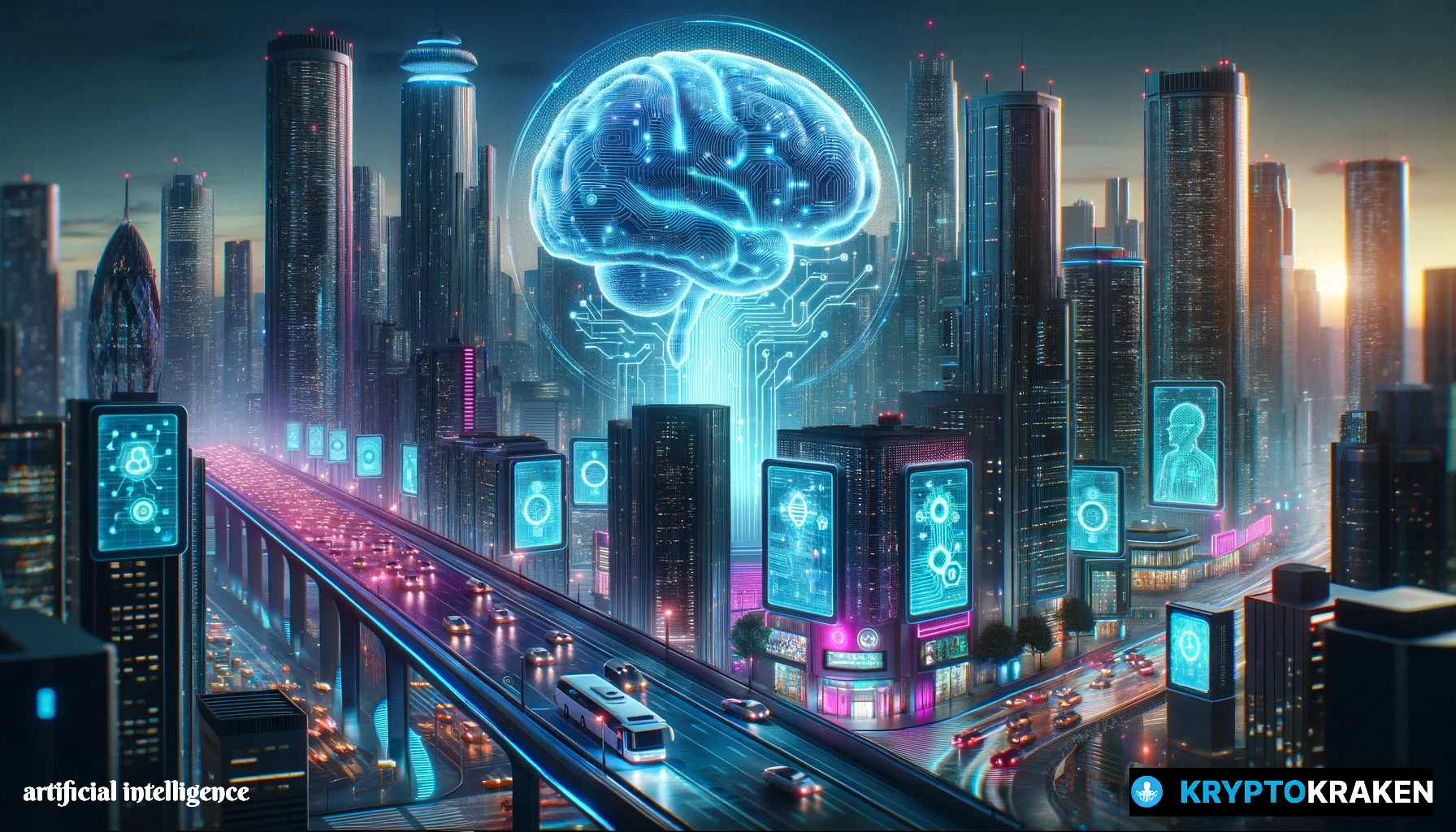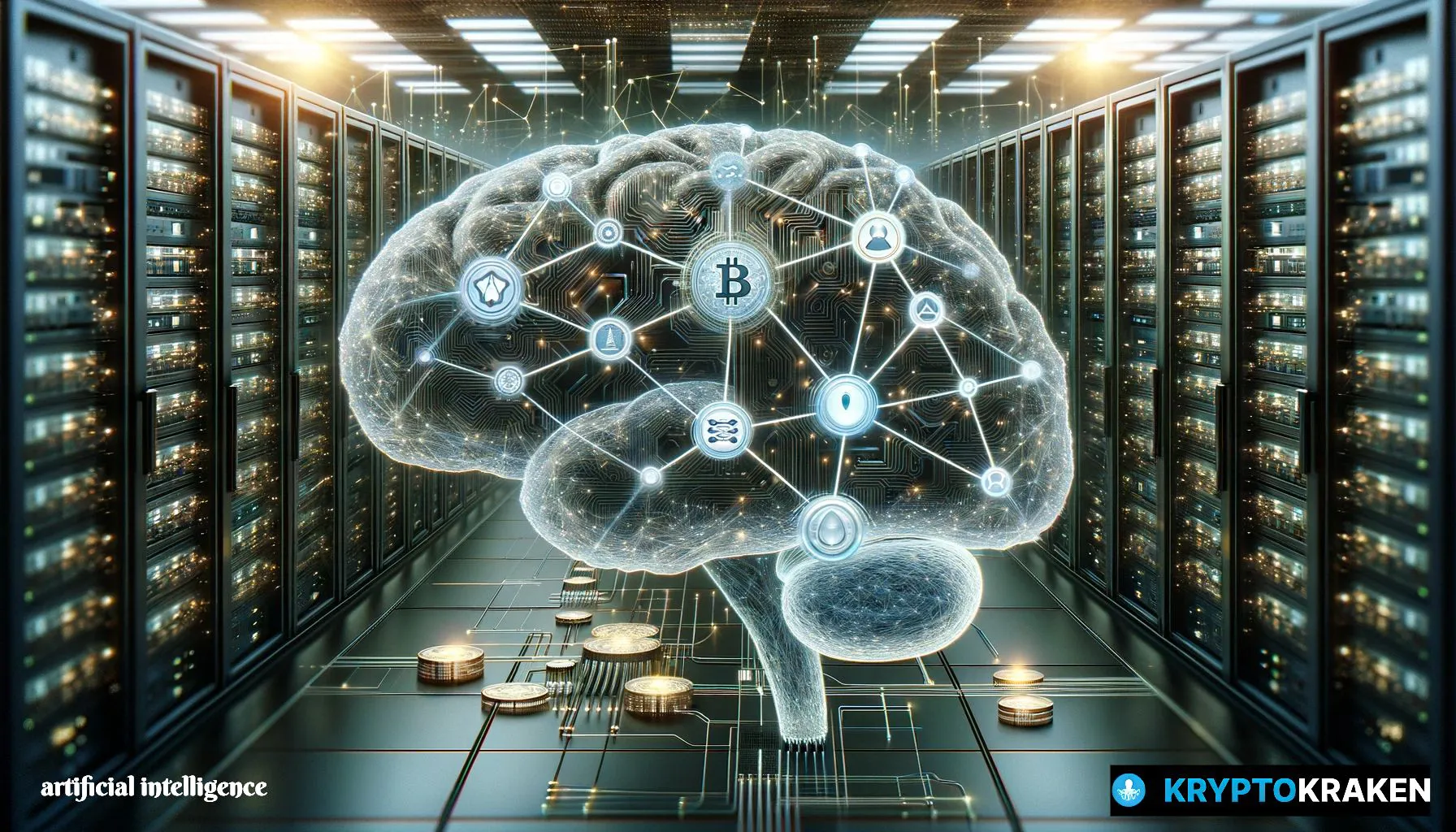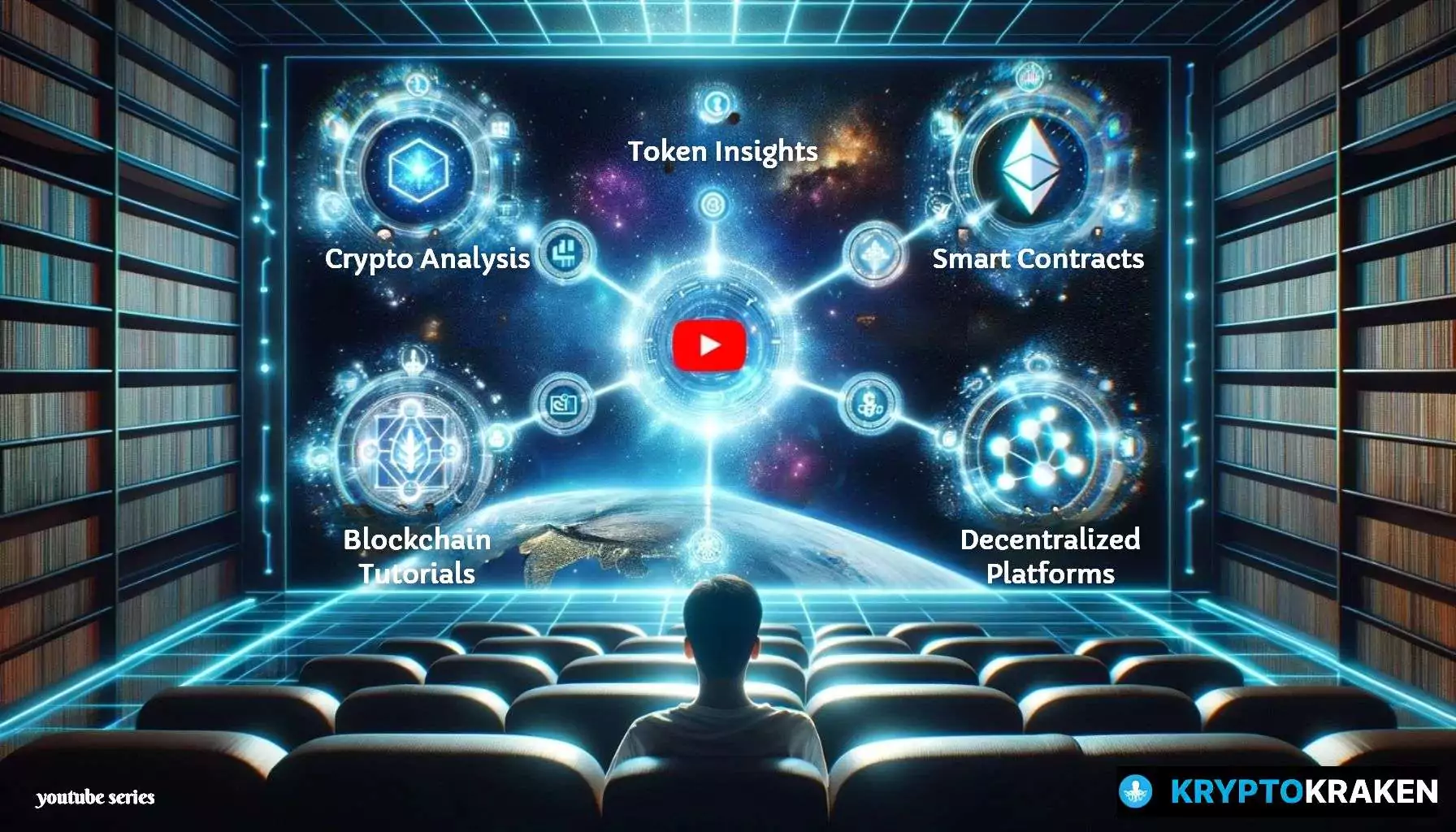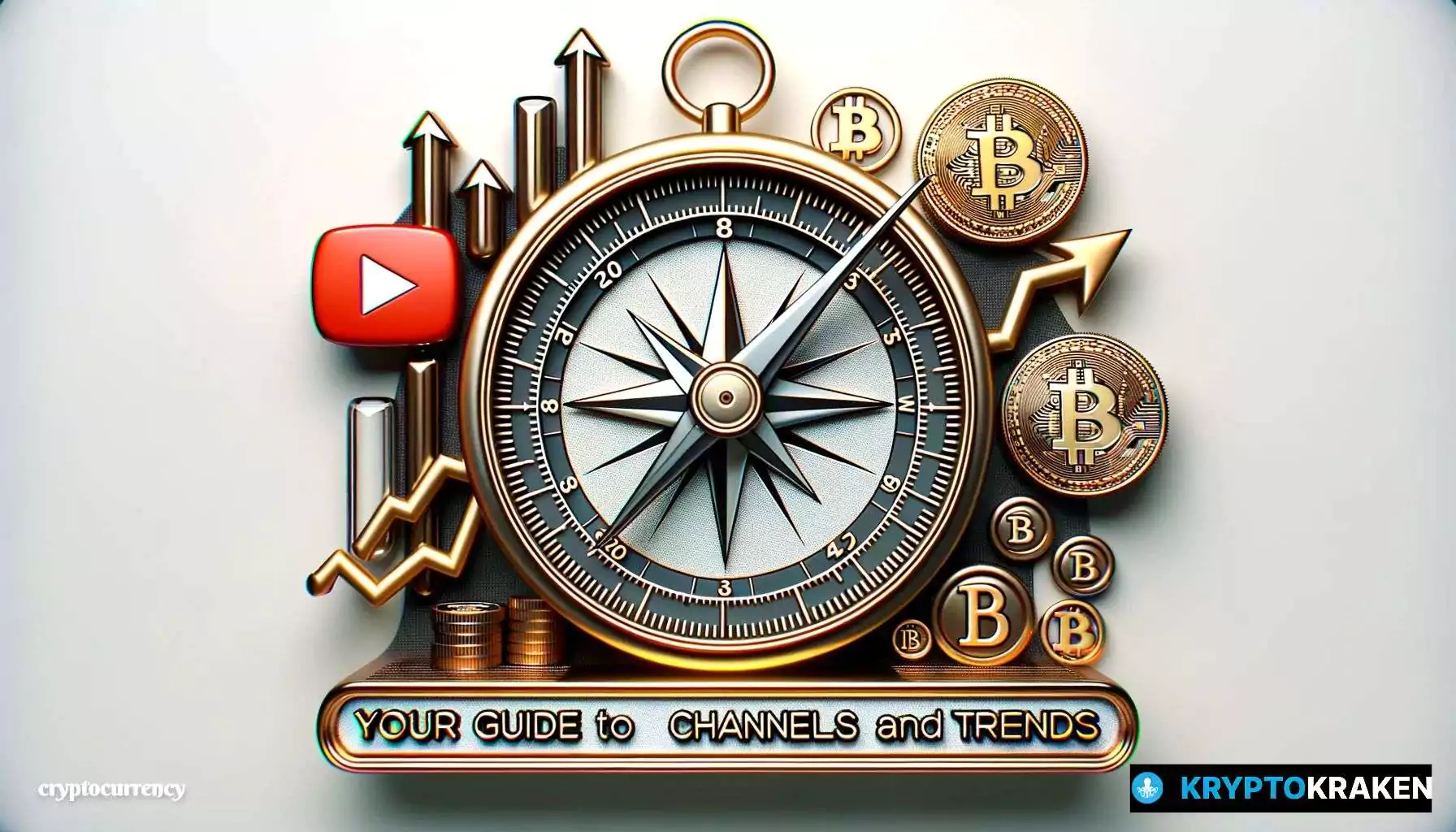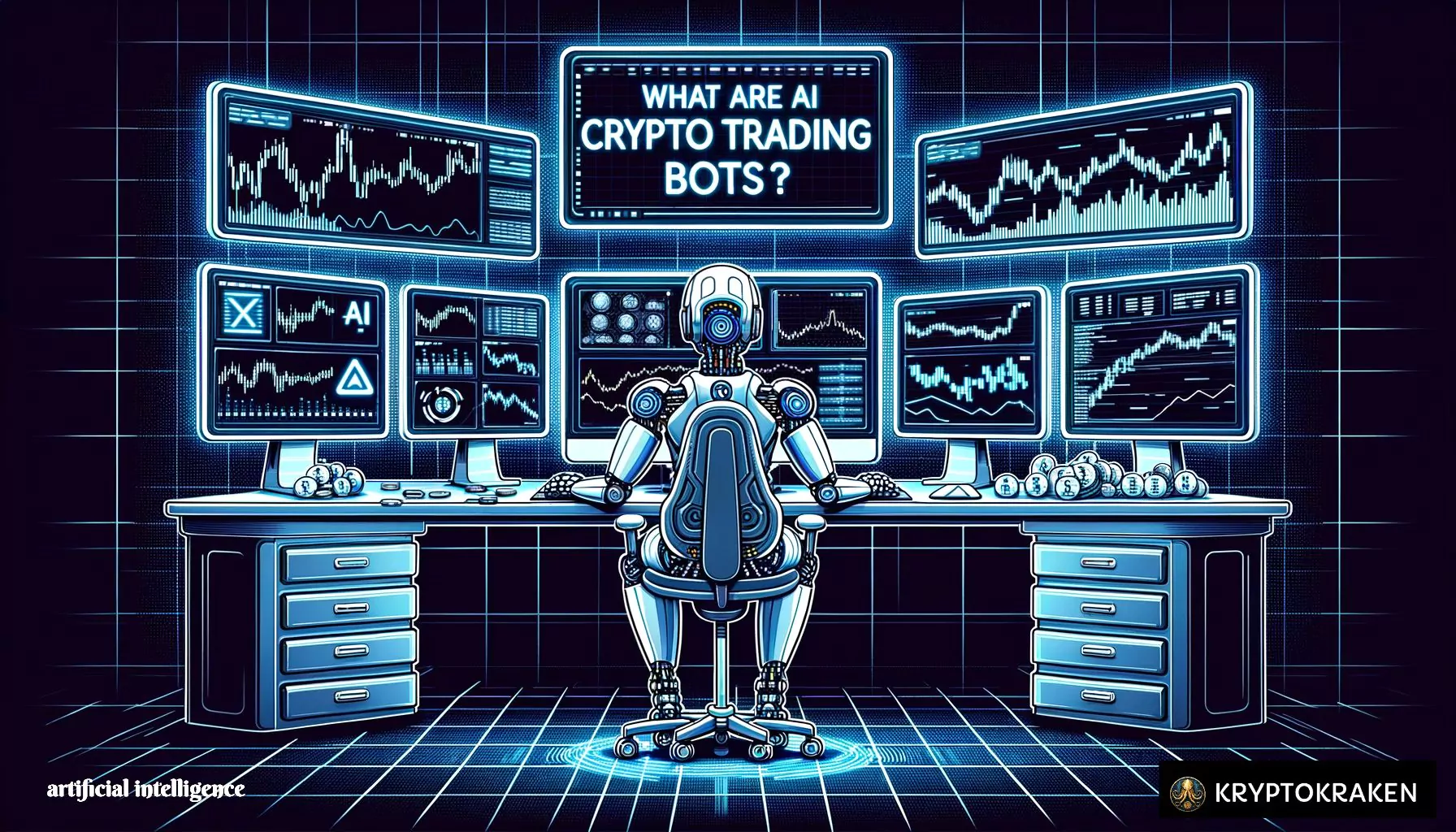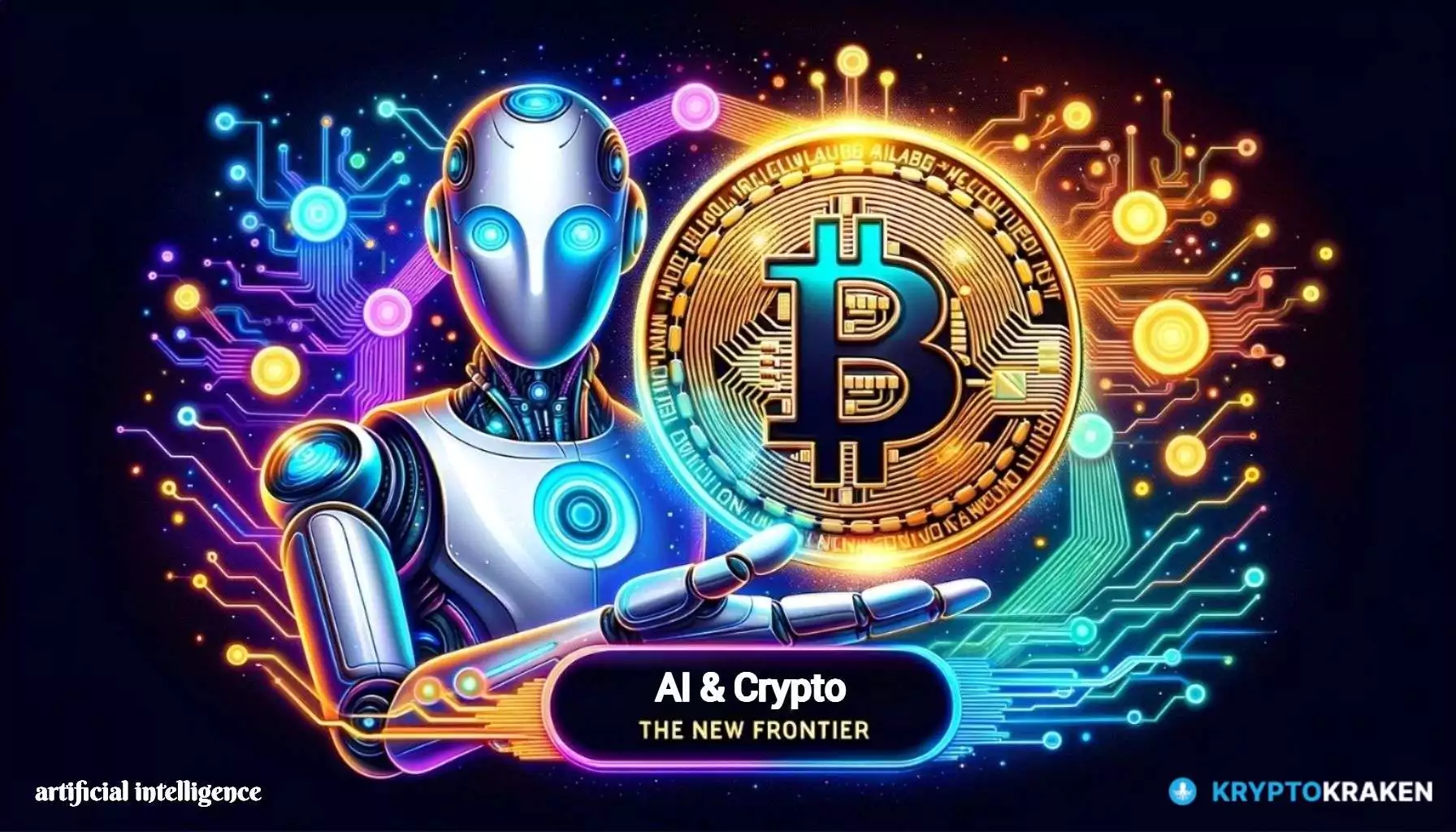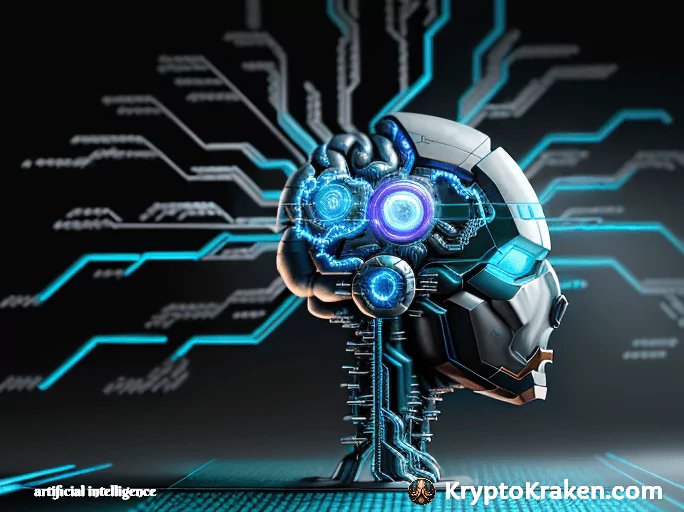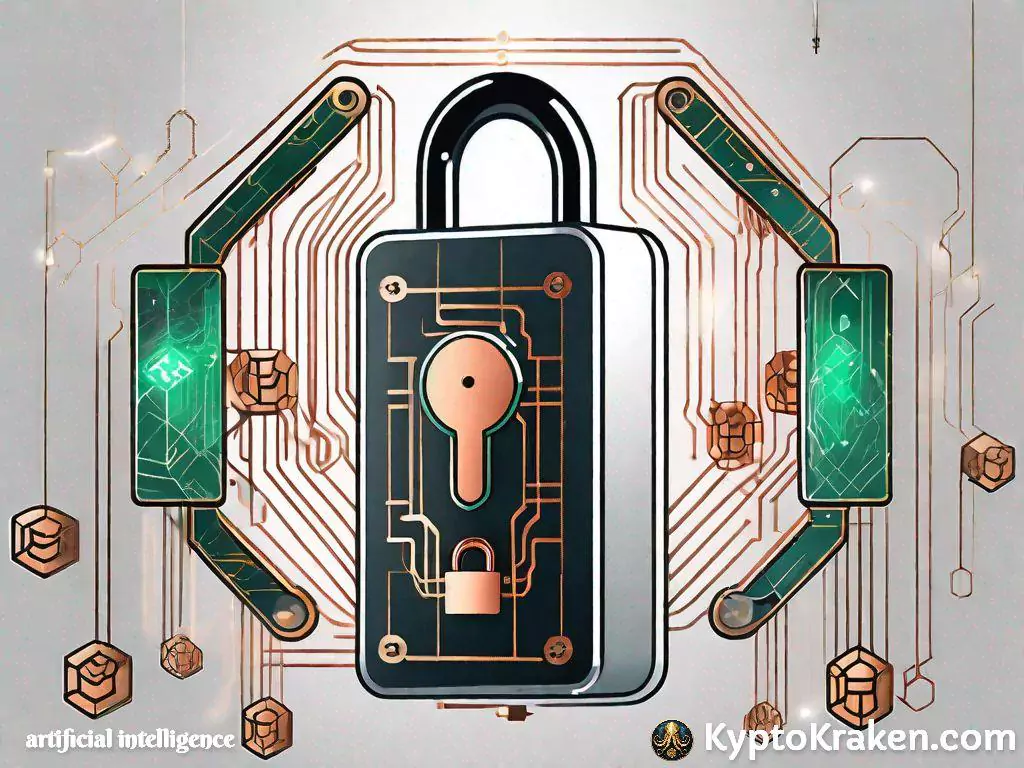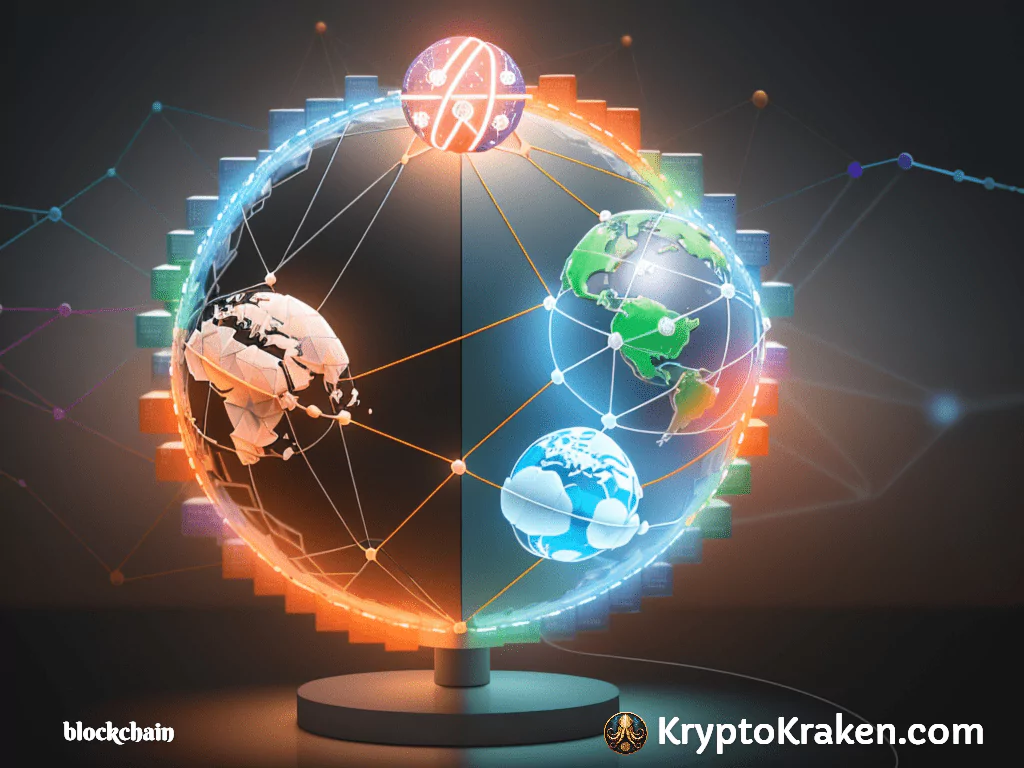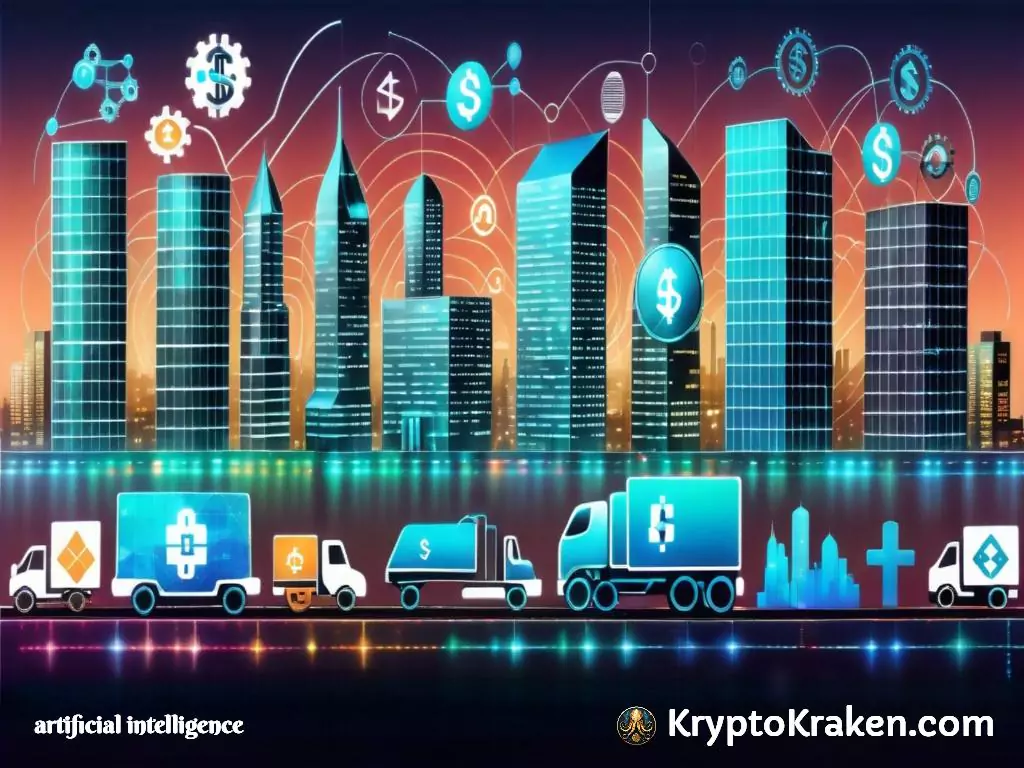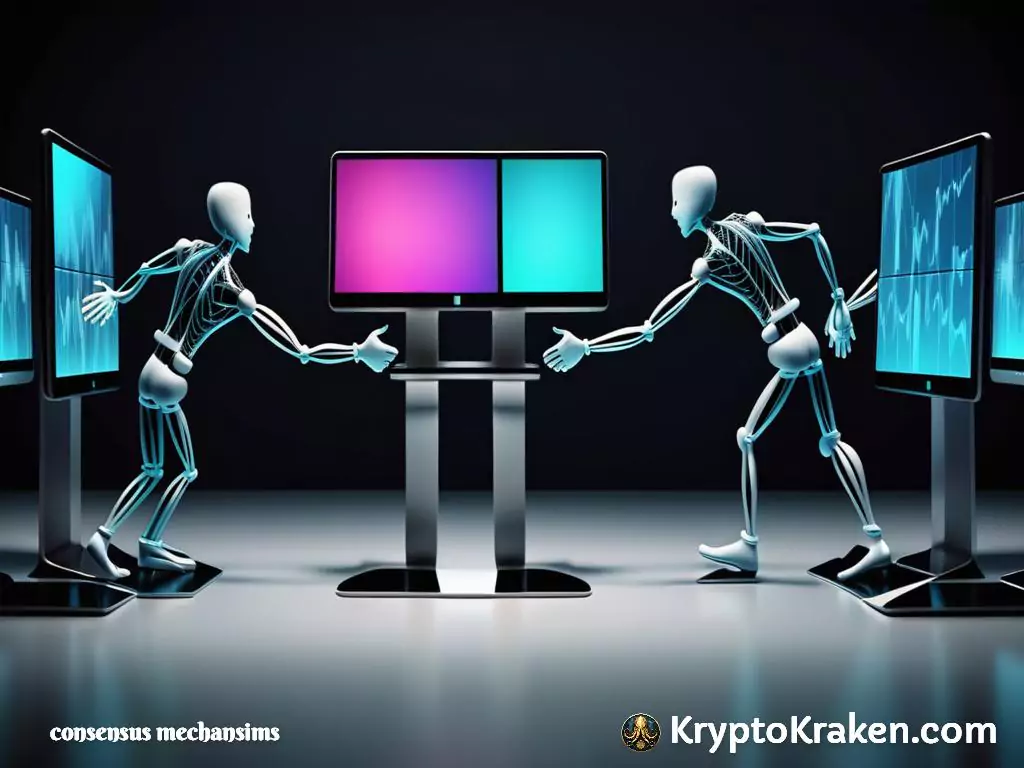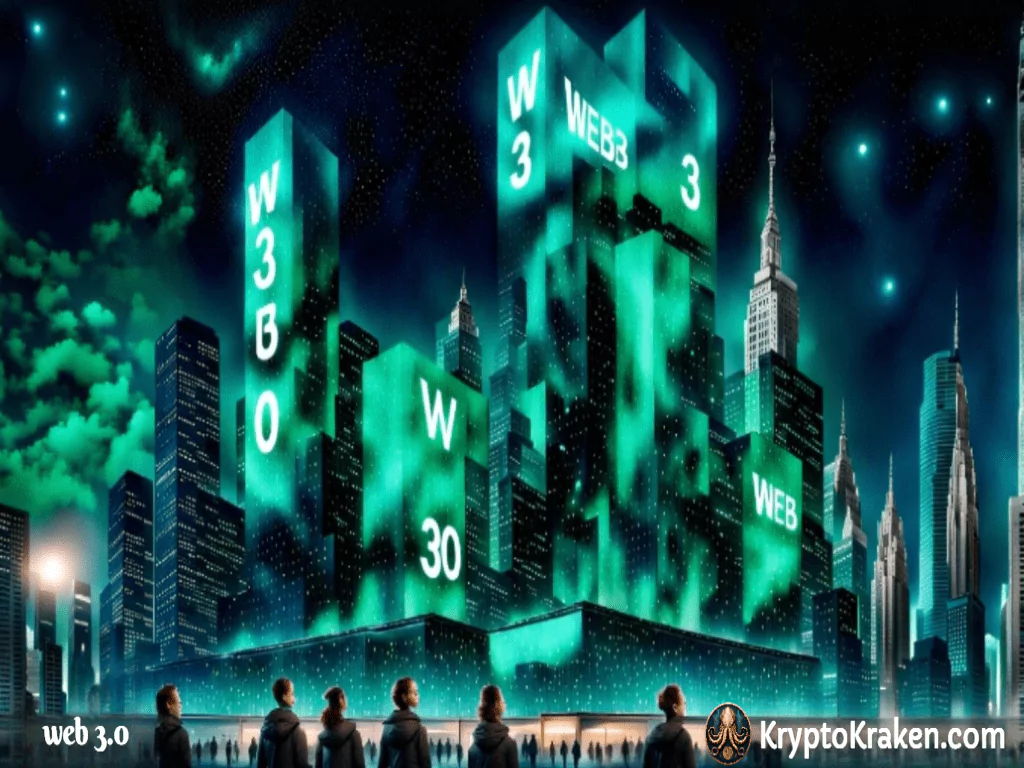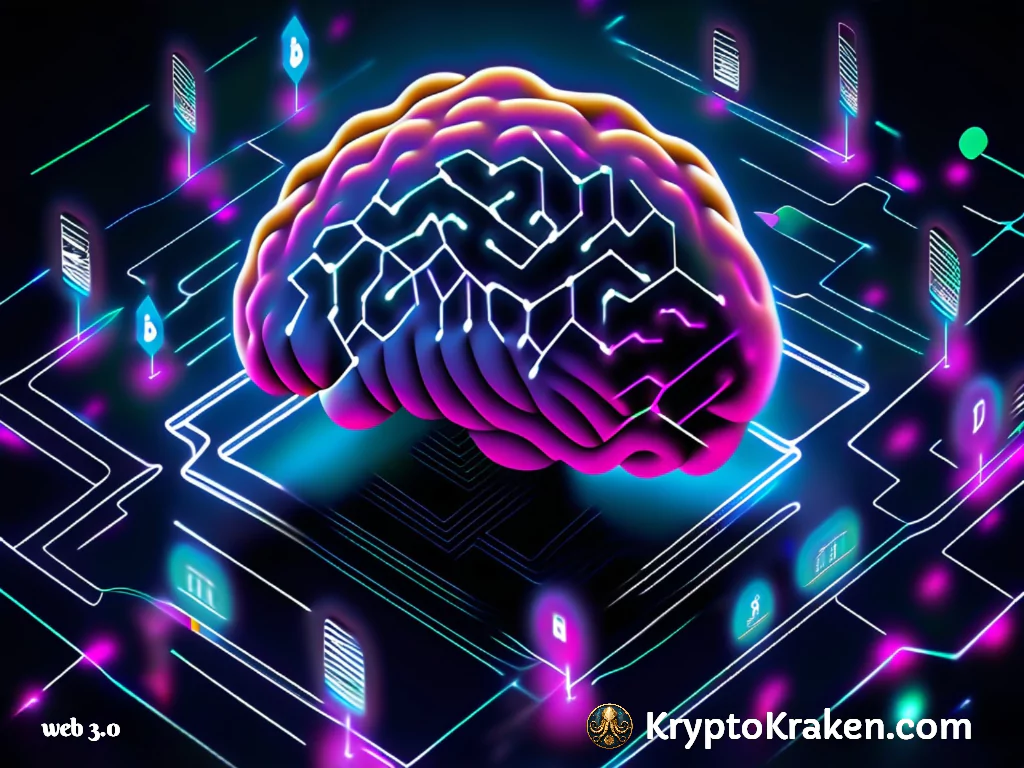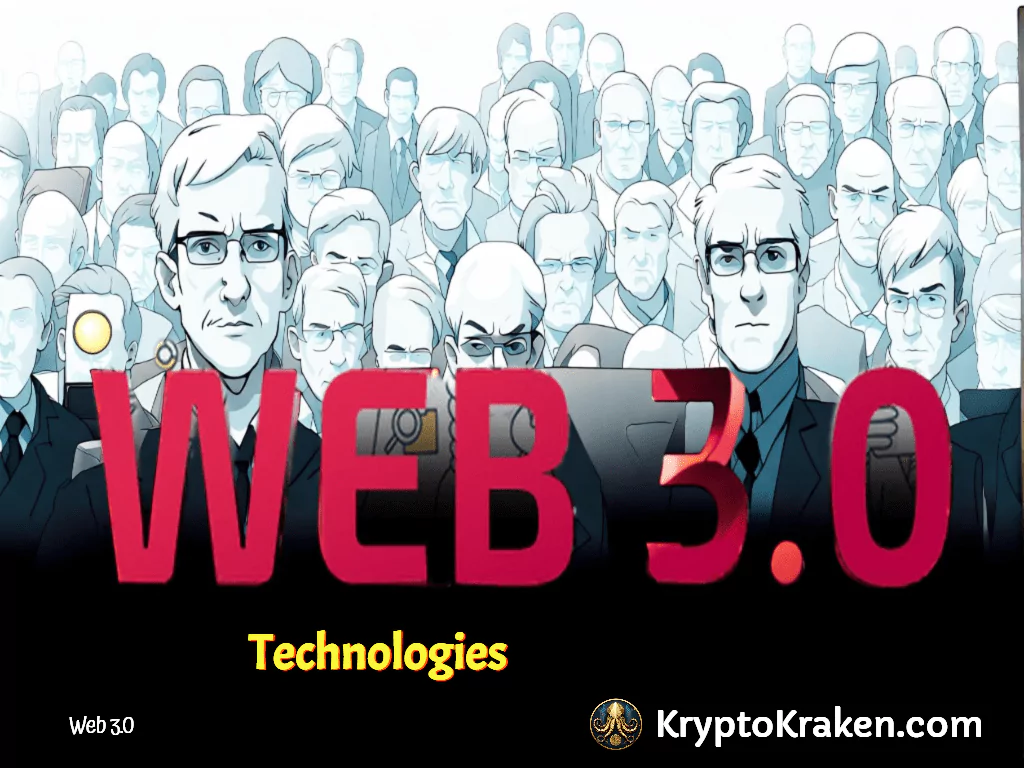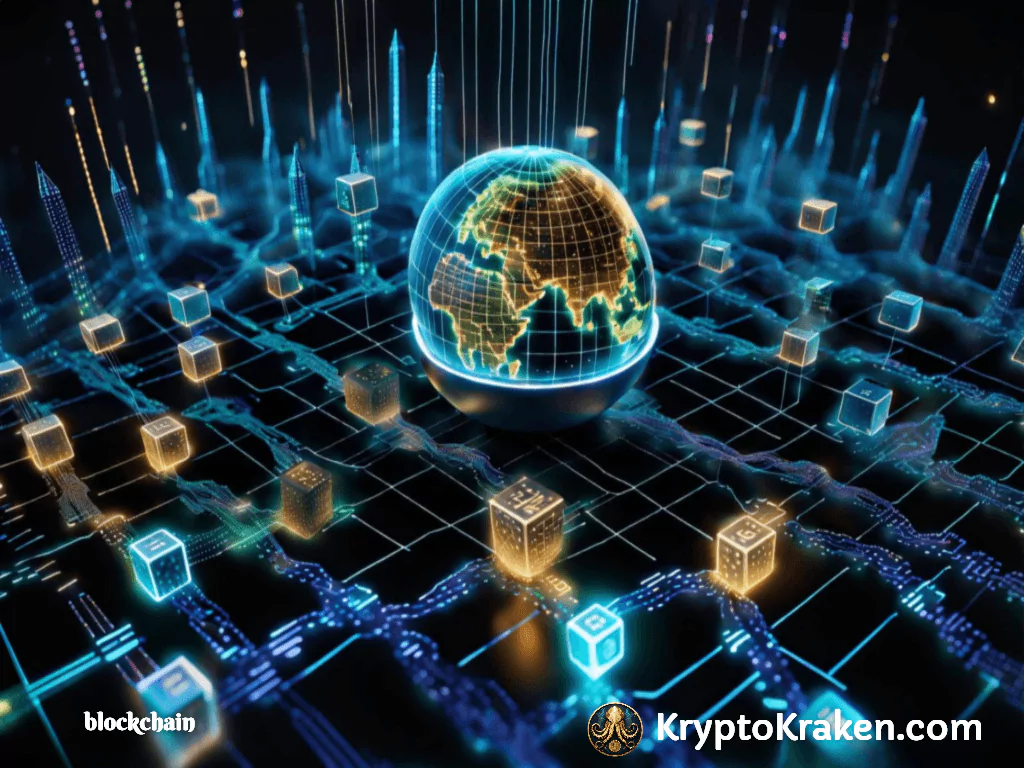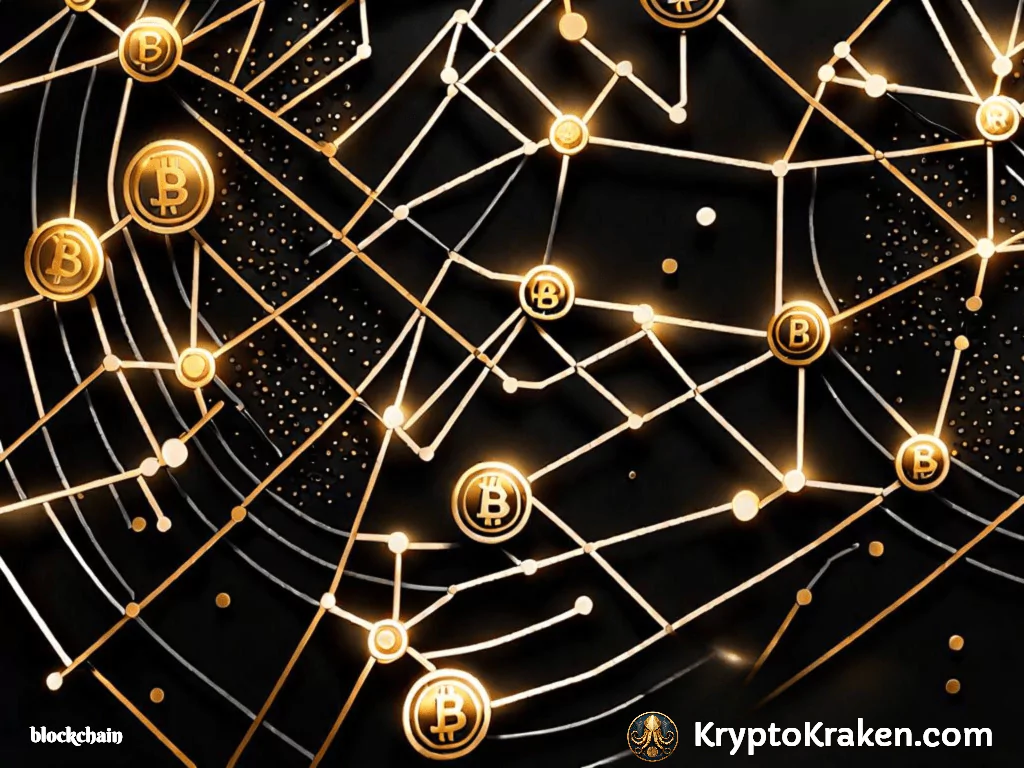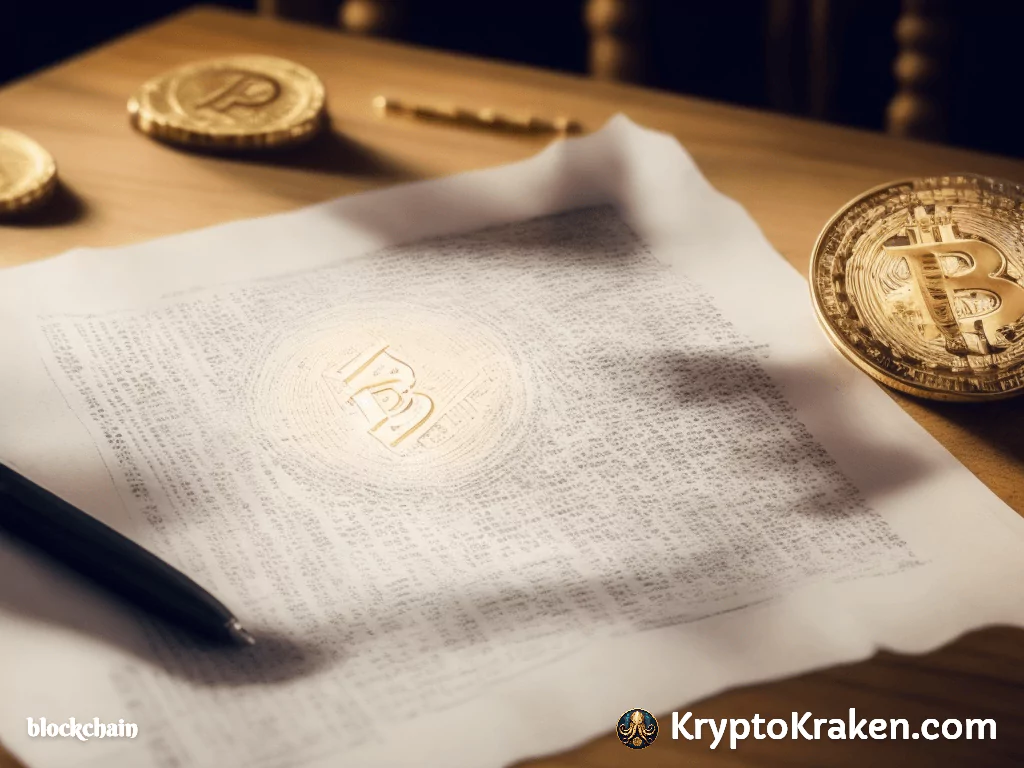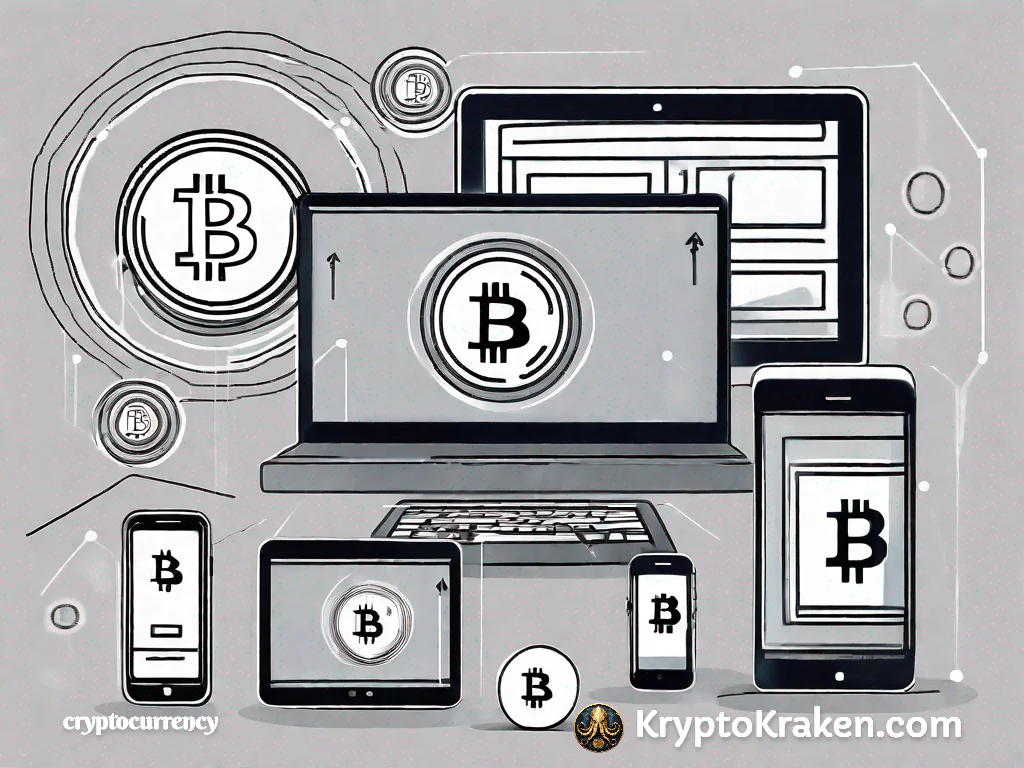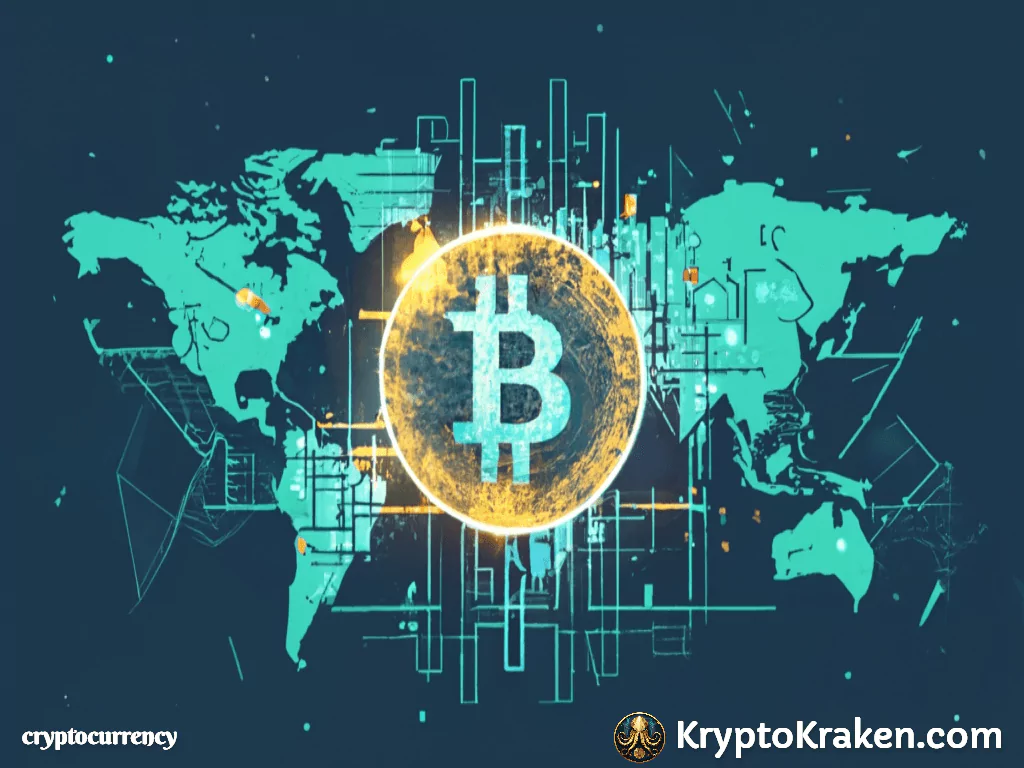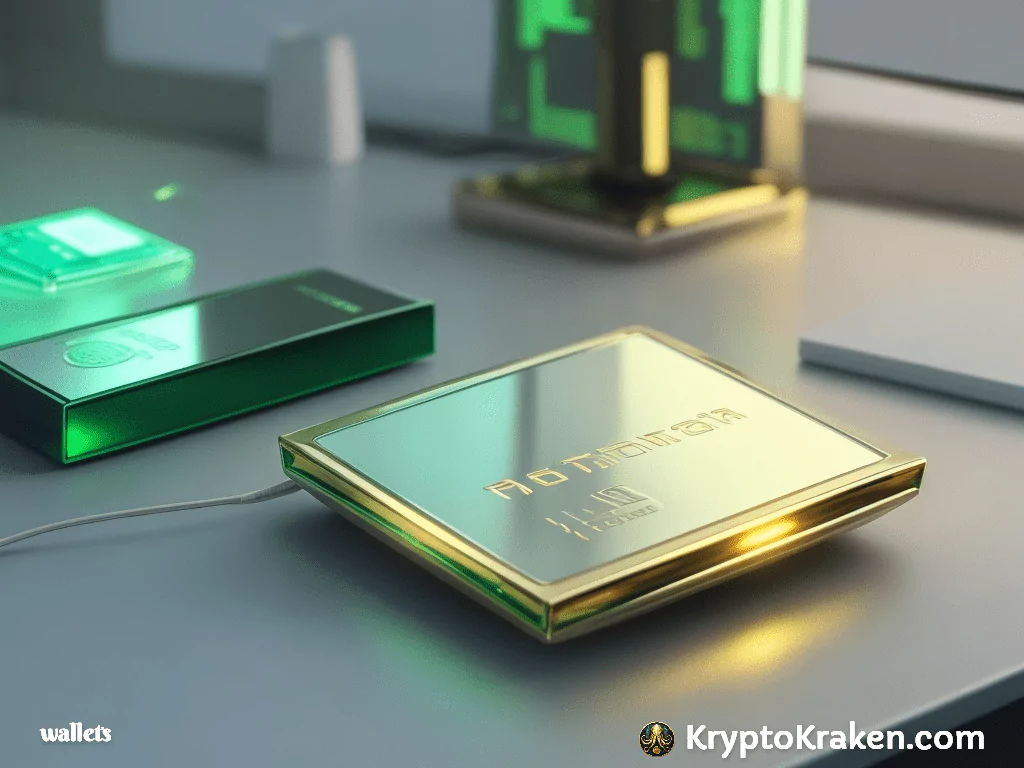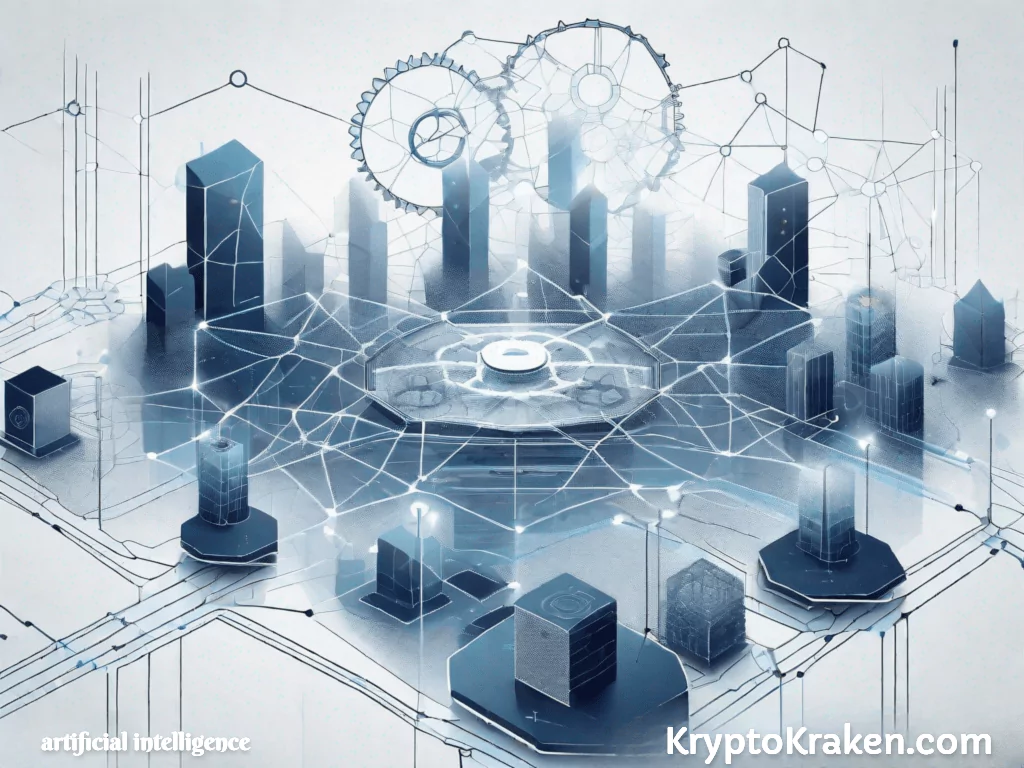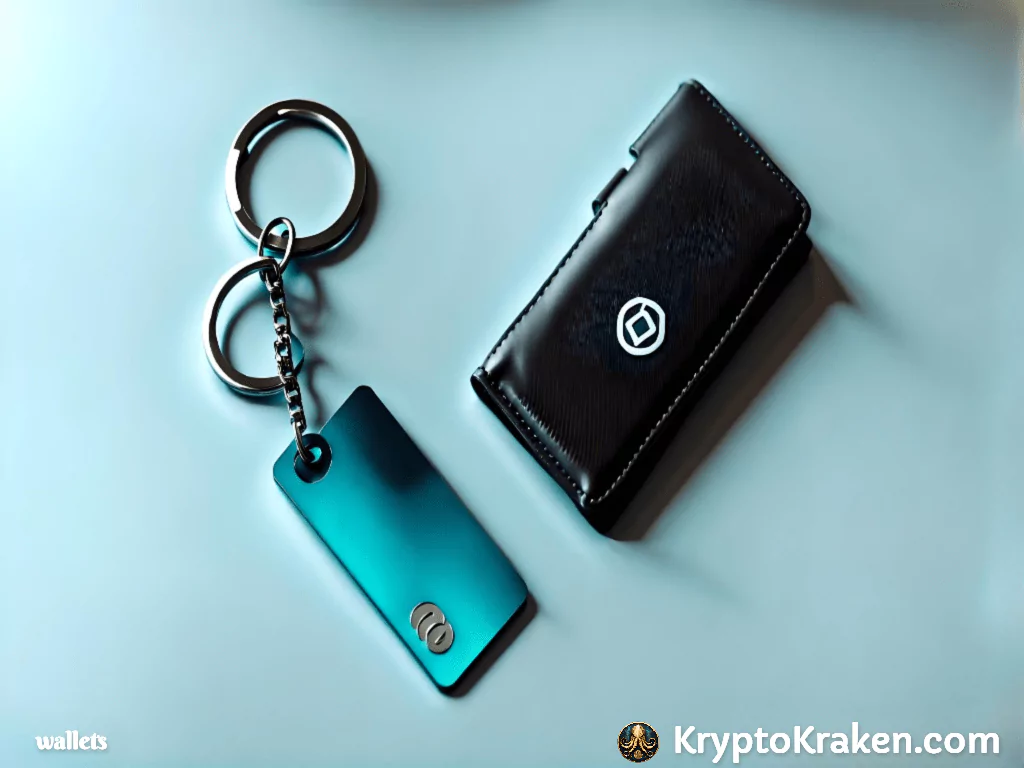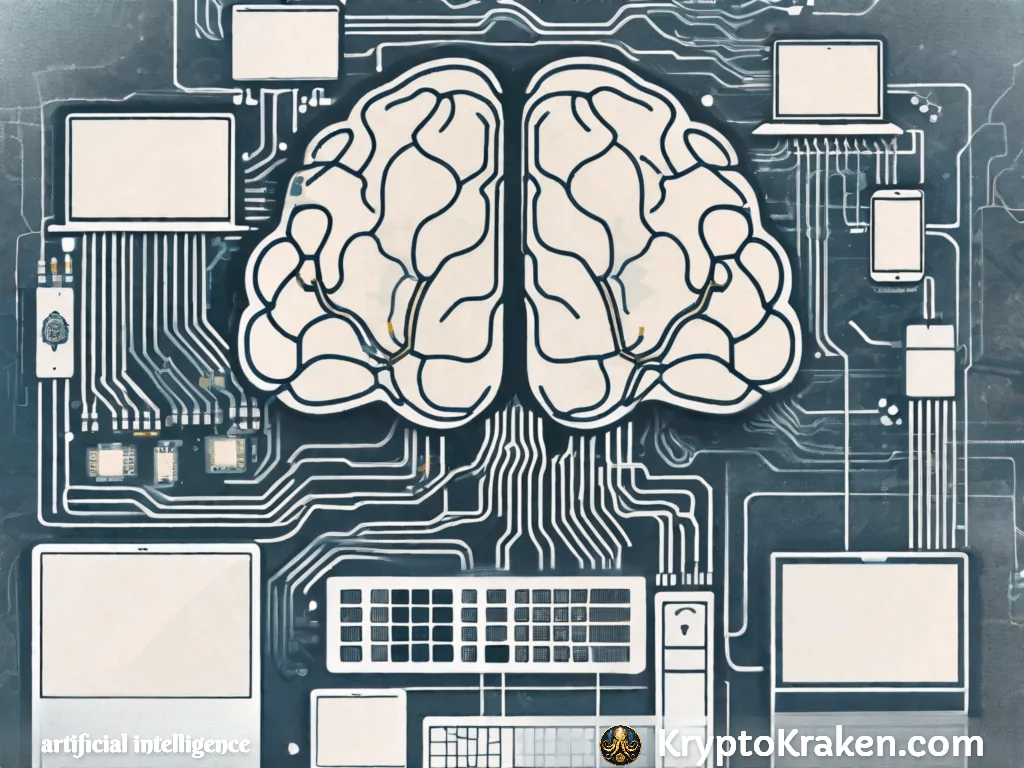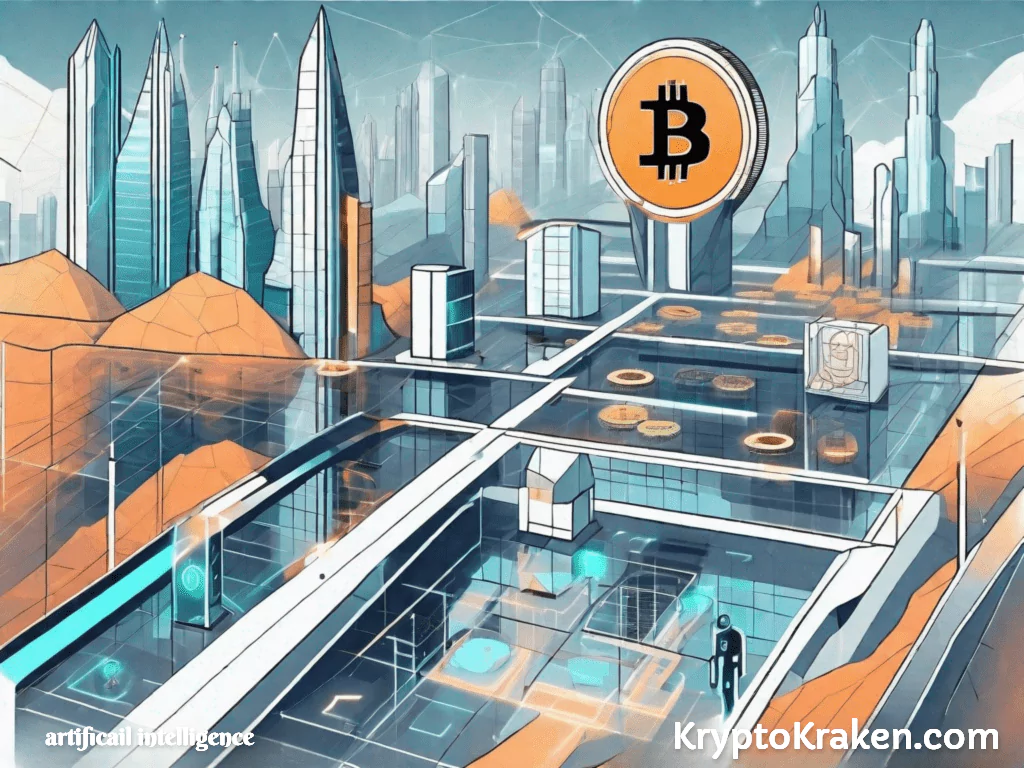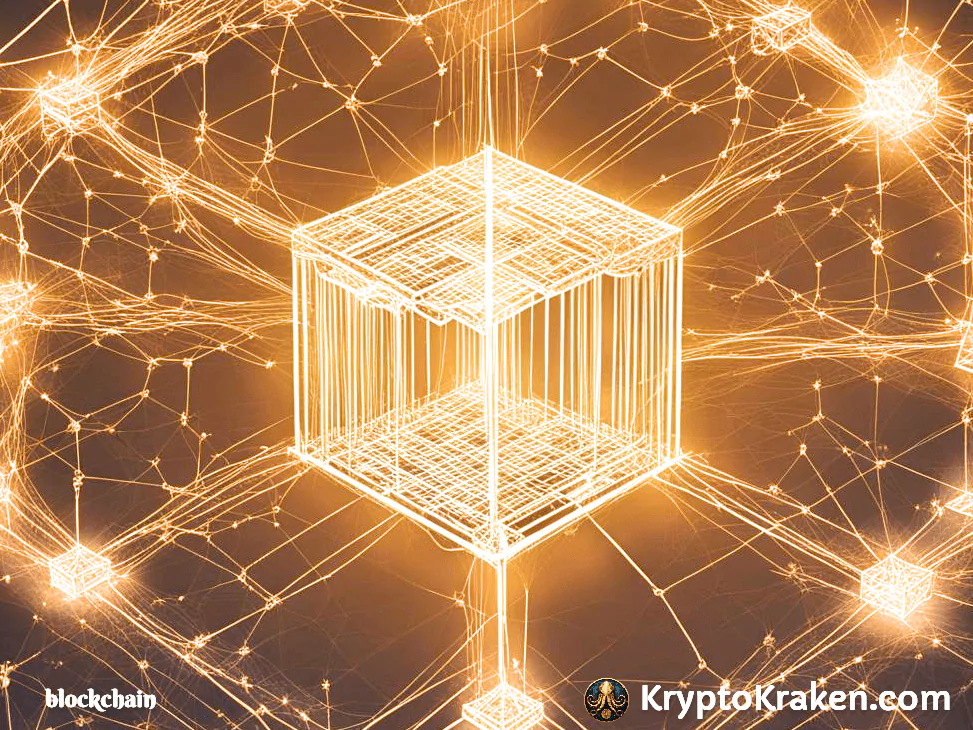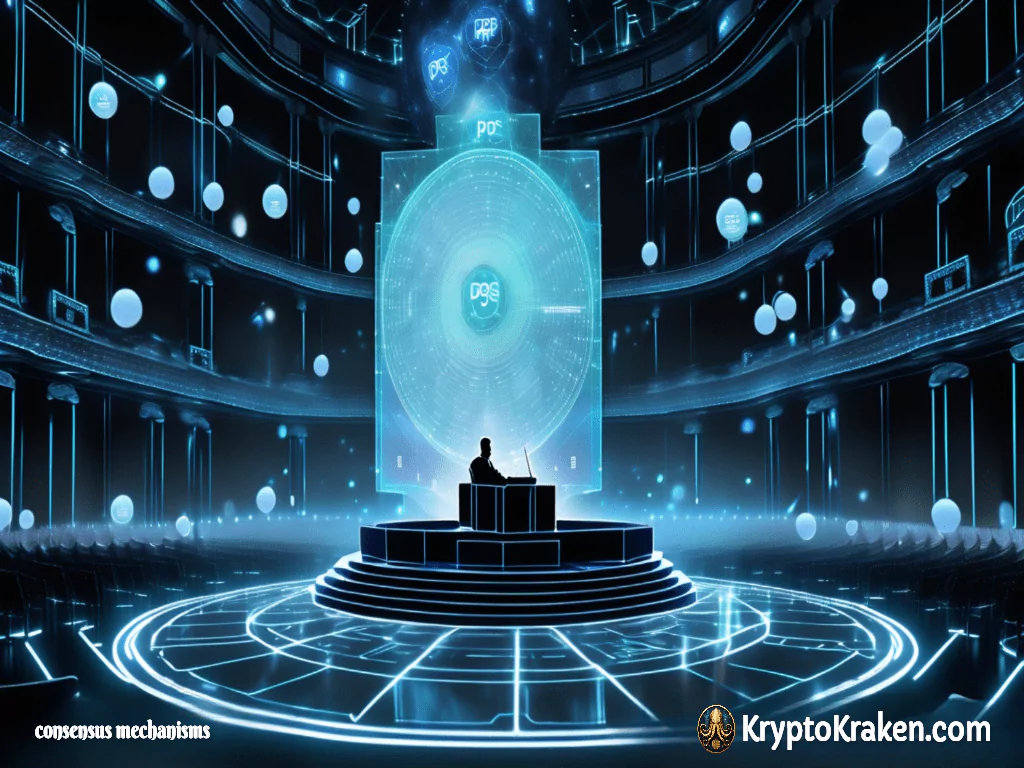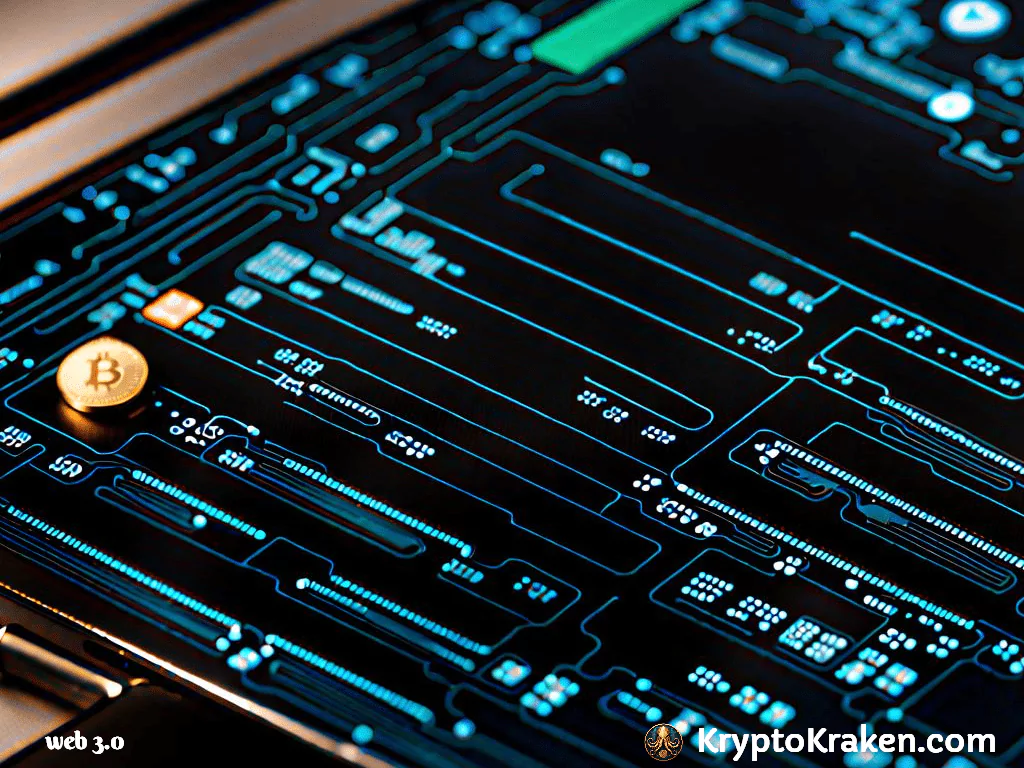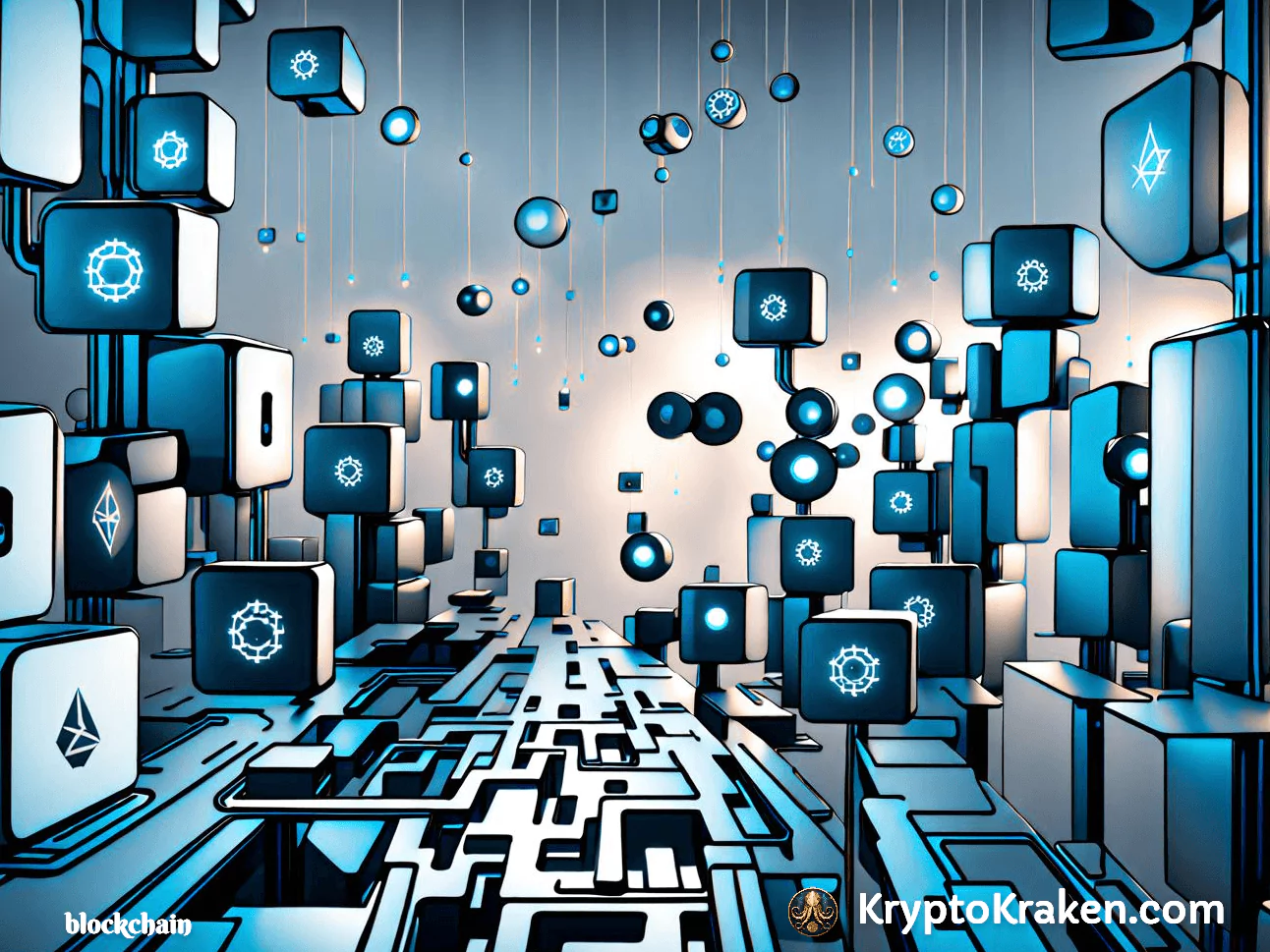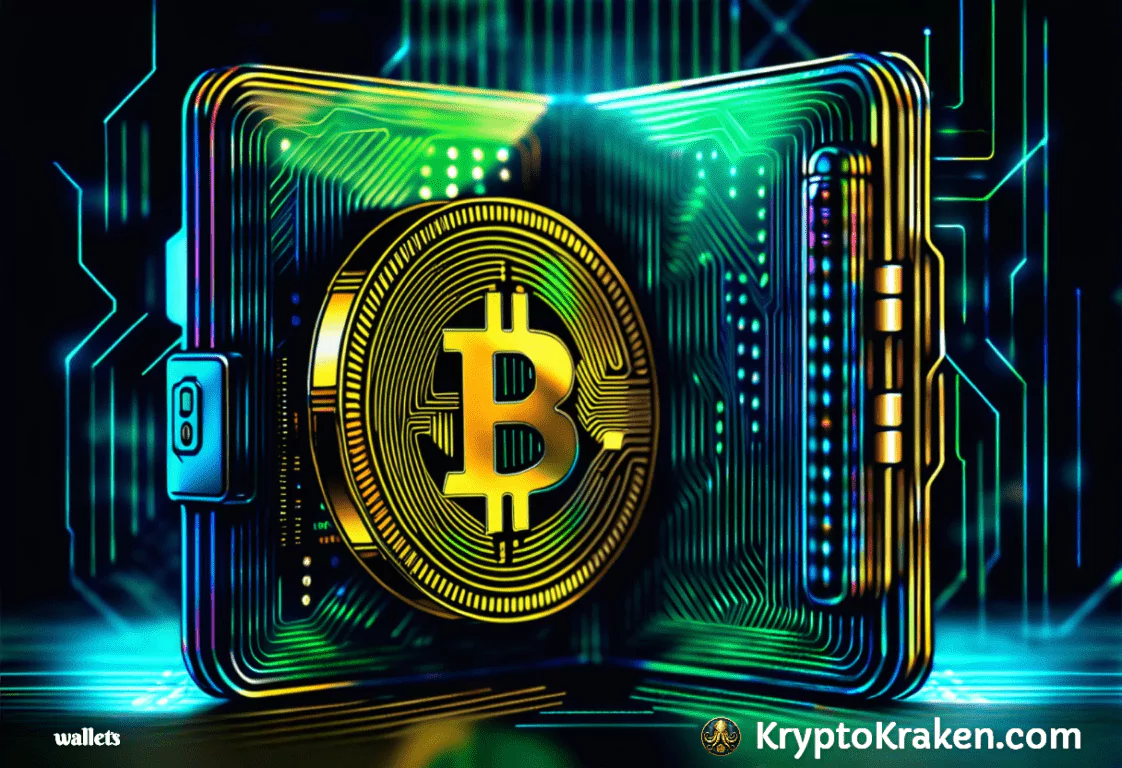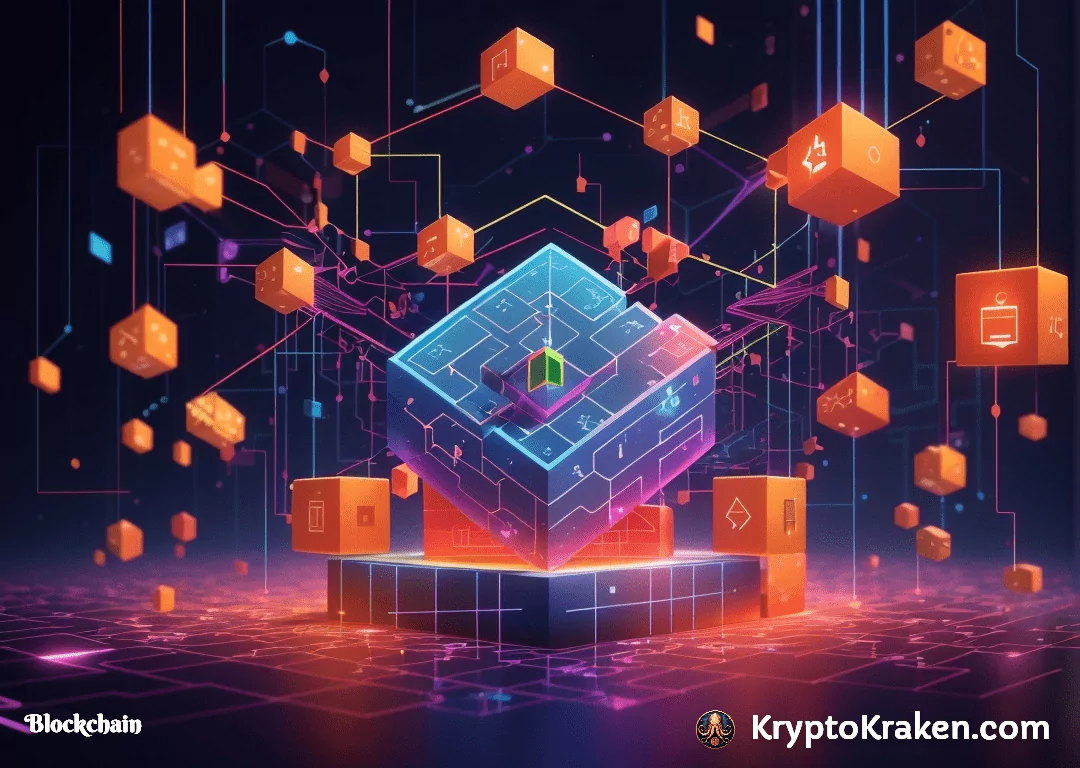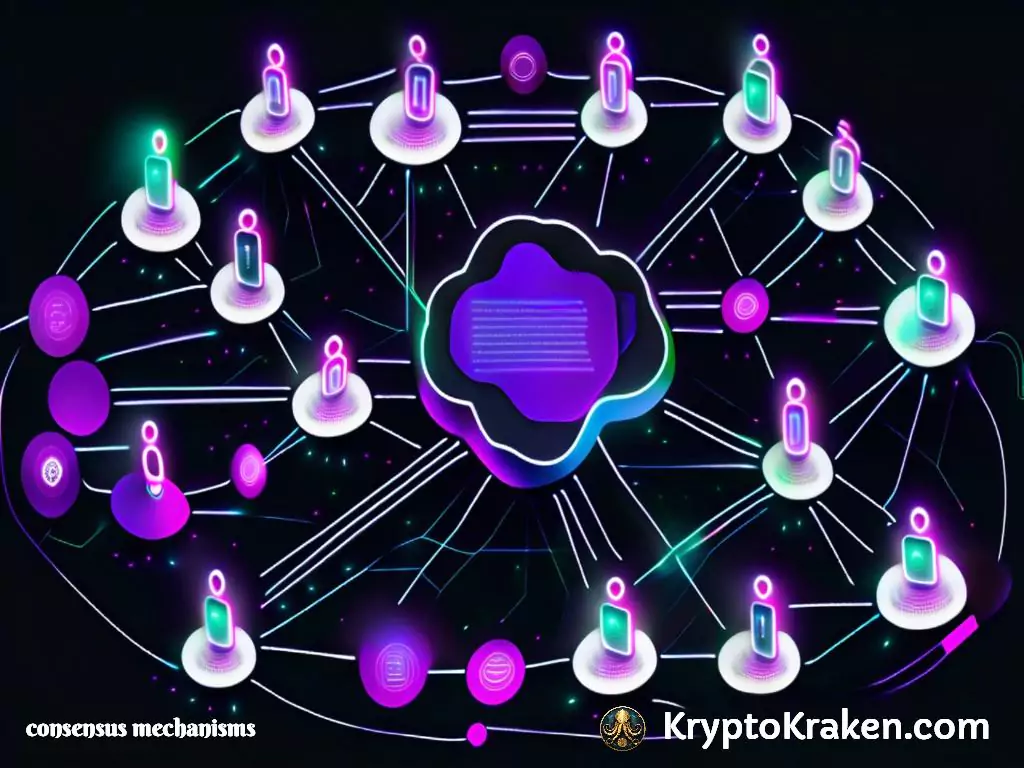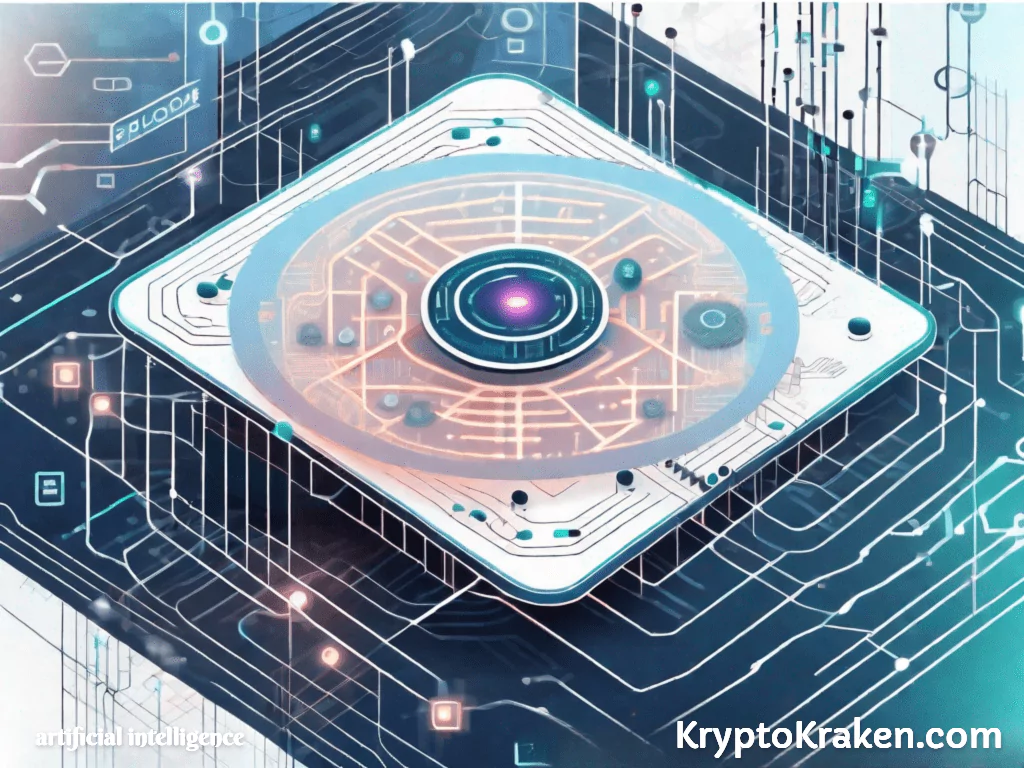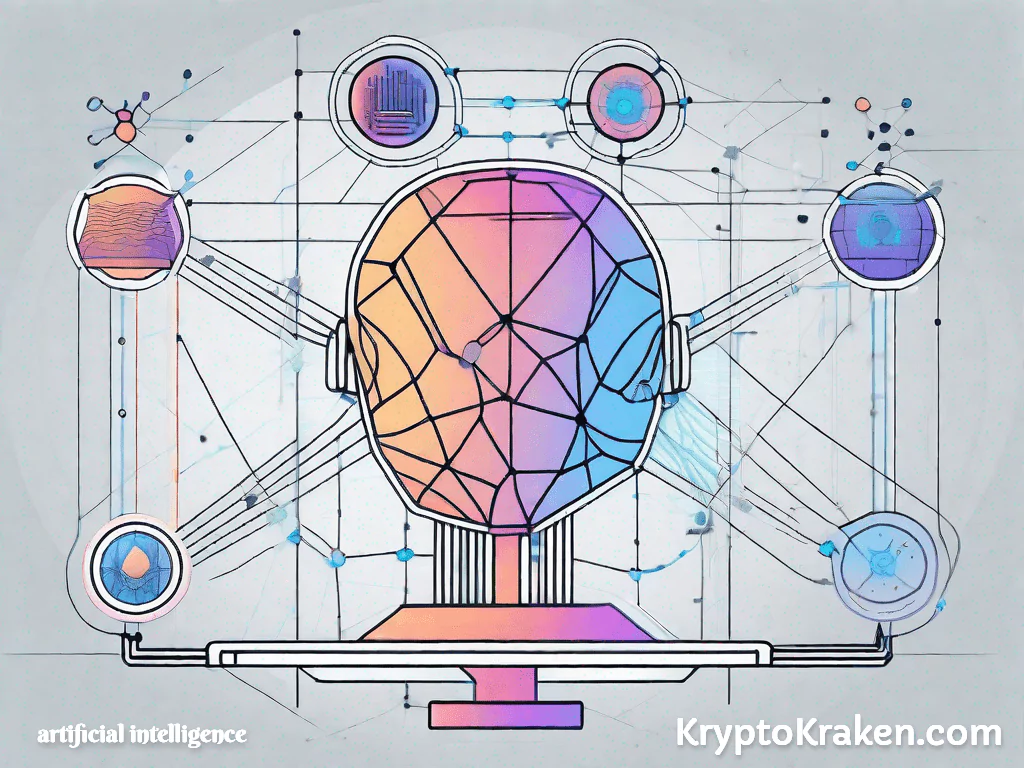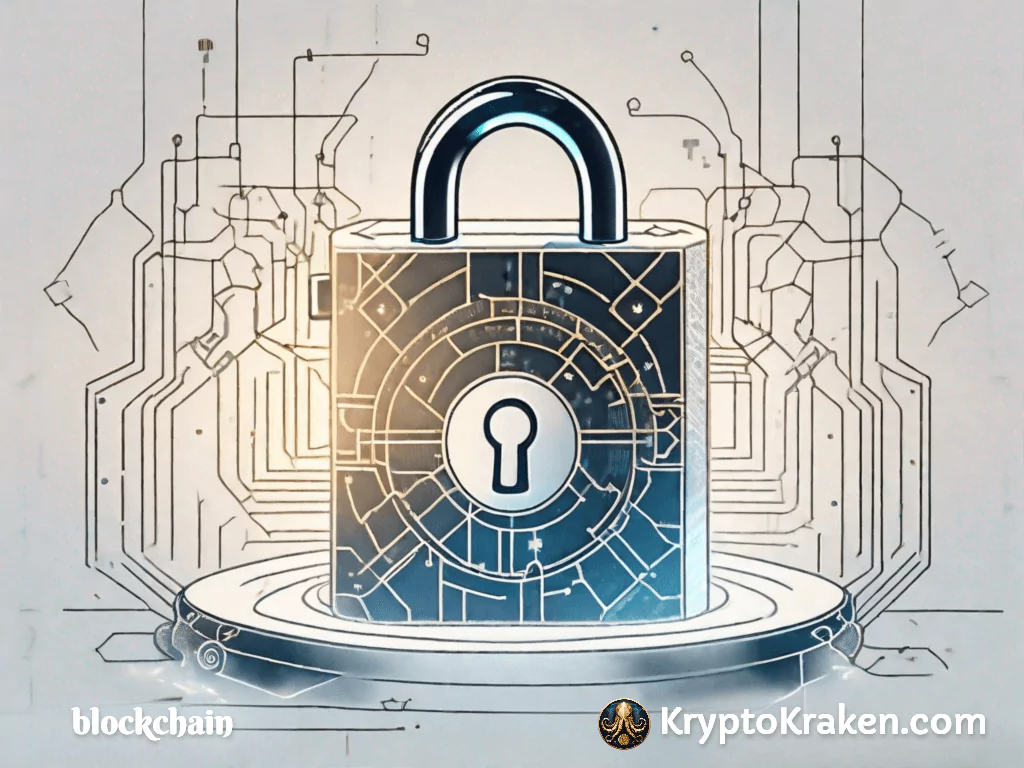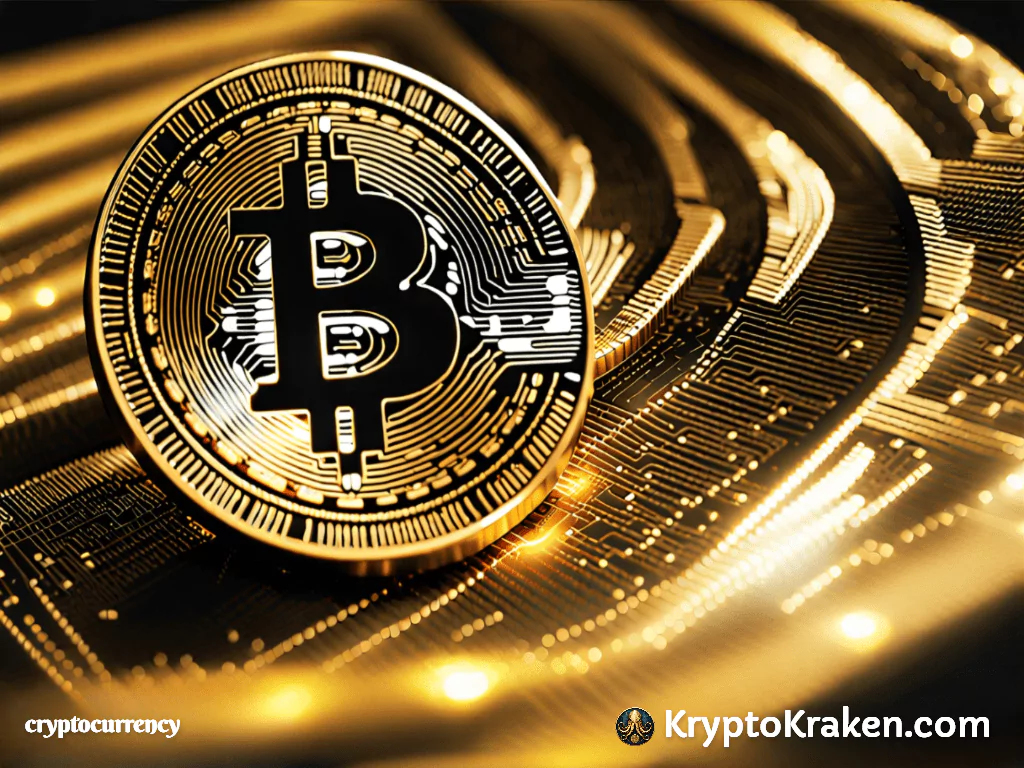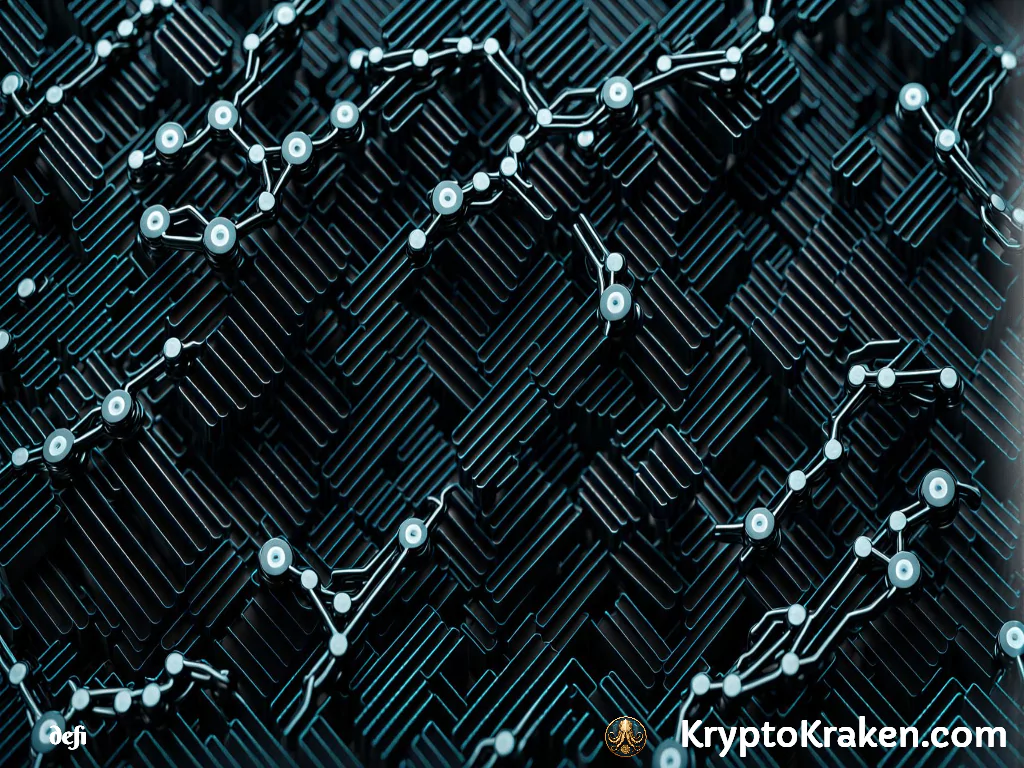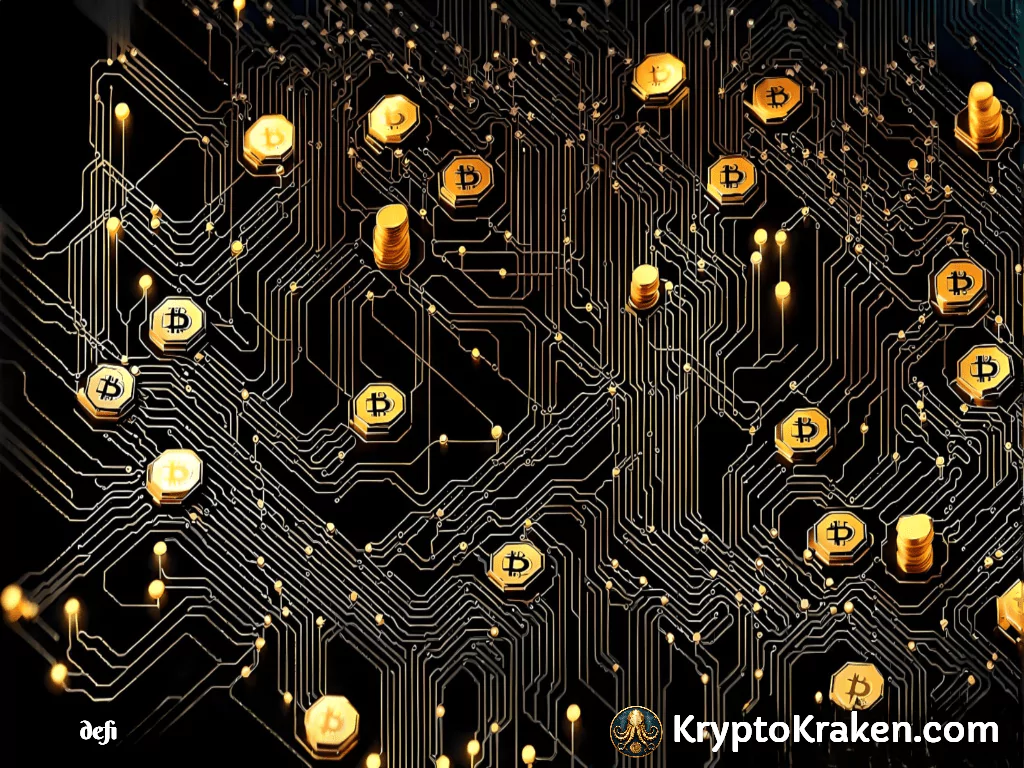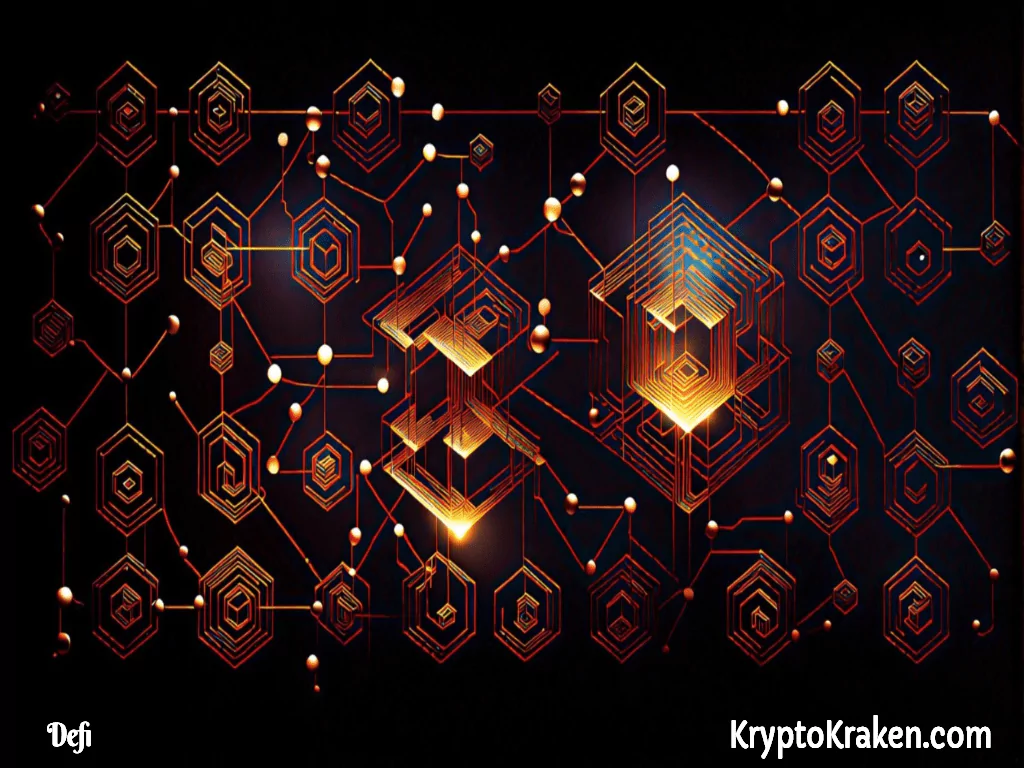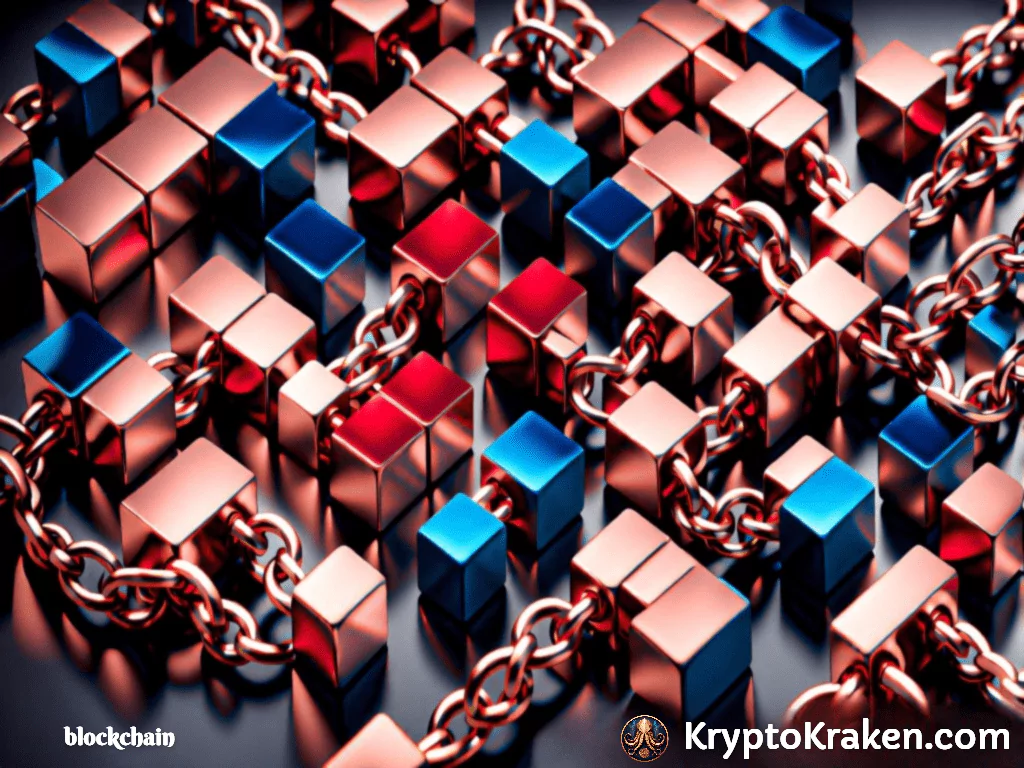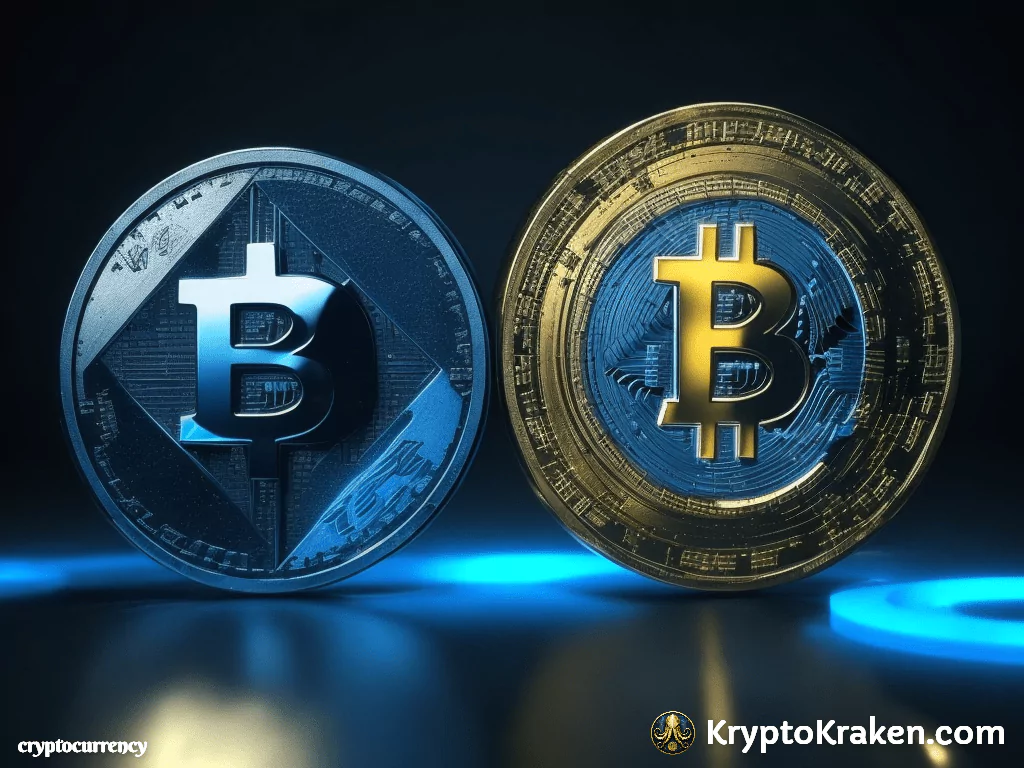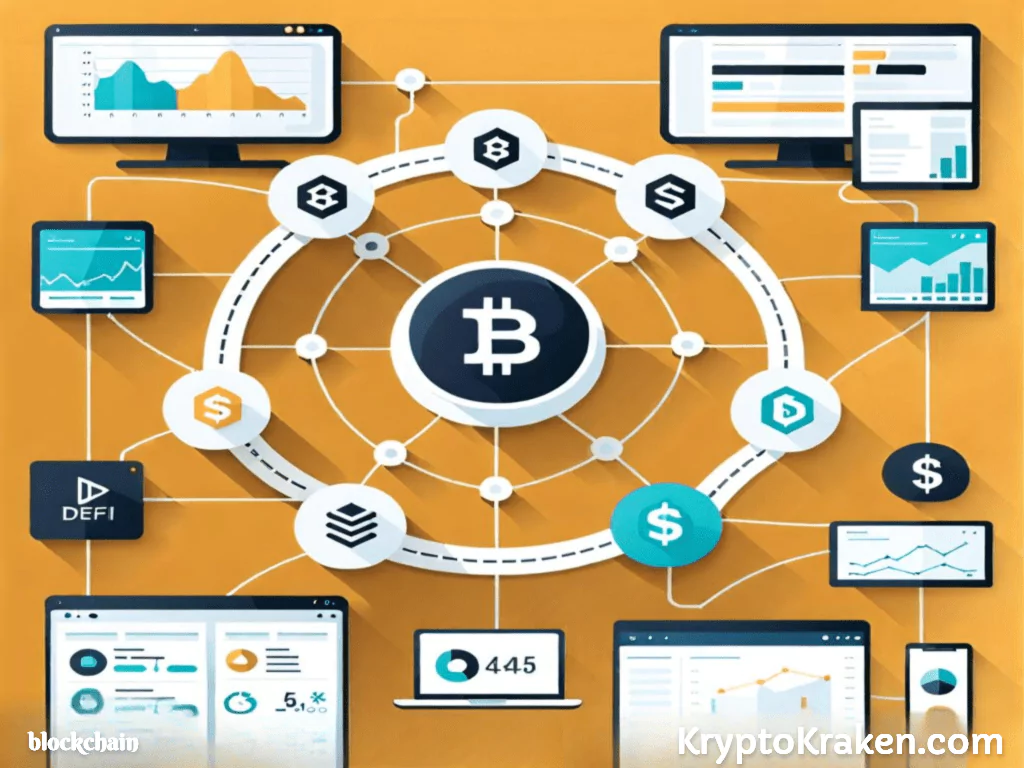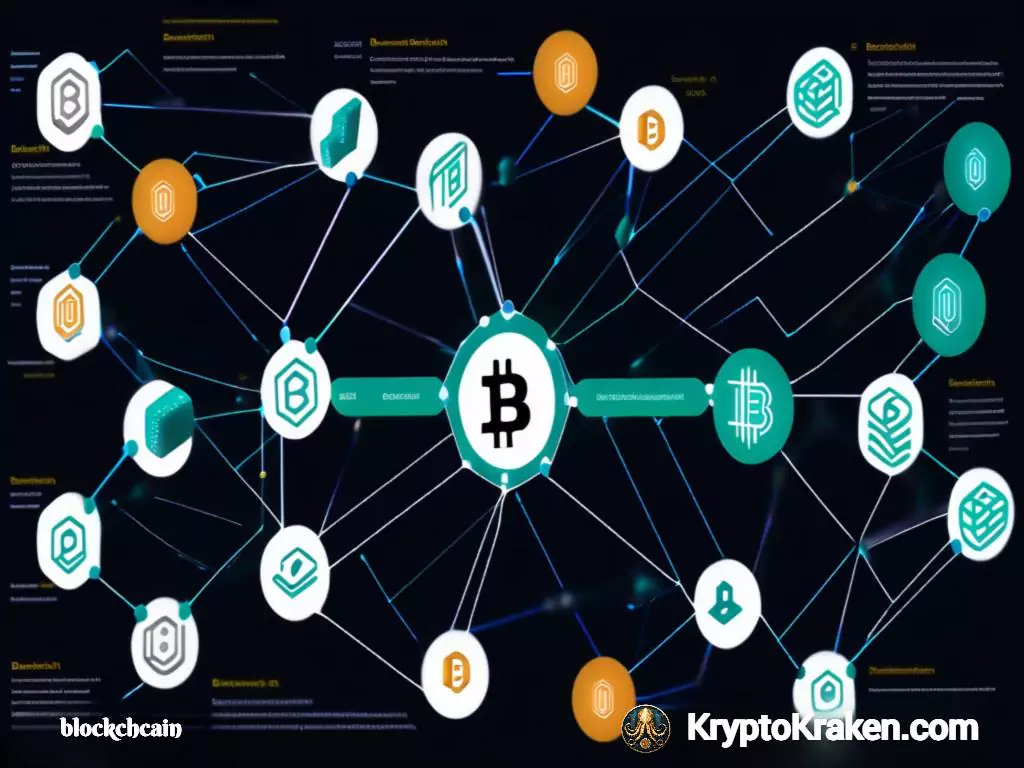
- October 19, 2023
- Dennis Frank
- 0
Table of Contents
Take a Blockchain Development Course and Unlock Your Potential
Are you fascinated by the world of blockchain technology? Do you want to be part of the digital revolution that is shaping our future? If so, then it’s time for you to consider taking a blockchain development course. By learning the ins and outs of this groundbreaking technology, you can unlock your potential and open the doors to exciting career opportunities.
Understanding the Basics of Blockchain Technology
Before delving into the benefits of a blockchain development course, it’s essential to understand the basics of this revolutionary technology. Blockchain is a decentralized digital ledger that enables secure and transparent transactions. It works by recording information in blocks that are linked together in a chain. Each block contains a unique identifier and stores data that cannot be altered or tampered with.
Blockchain technology has gained significant attention in recent years due to its potential to transform various industries. One of the key features of blockchain is its decentralized nature, which means that no single entity has control over the entire network. This decentralization ensures that there is no single point of failure, making it highly secure and resistant to hacking or manipulation.
Furthermore, the transparency provided by blockchain is another crucial aspect that sets it apart from traditional systems. In a blockchain network, all participants have access to the same information, and any changes made to the ledger are visible to everyone. This transparency fosters trust among users and eliminates the need for intermediaries in transactions.
Another significant advantage of blockchain technology is its immutability. Once data is recorded in a block and added to the chain, it becomes extremely difficult to alter or delete. This feature ensures the integrity of the information stored in the blockchain, making it ideal for applications that require a high level of security and trust.
Blockchain technology has found applications in various industries, including finance, supply chain management, healthcare, and more. In the financial sector, blockchain has the potential to revolutionize the way transactions are conducted, making them faster, more secure, and cost-effective. Supply chain management can benefit from blockchain by providing a transparent and traceable record of goods, reducing fraud and ensuring authenticity.
Moreover, blockchain technology has the potential to transform the healthcare industry by securely storing and sharing patient data, improving interoperability, and enhancing privacy. It can also be used to streamline administrative processes and reduce costs in healthcare systems.
In conclusion, understanding the basics of blockchain technology is essential to grasp its potential and the benefits it offers. Its decentralized nature, transparency, immutability, and wide range of applications make it a revolutionary technology that has the power to reshape various industries. By exploring the significance of blockchain, we can appreciate the need for specialized courses that equip individuals with the skills to harness its power and drive innovation forward.
The Importance of Blockchain in Today’s Digital Age
In today’s interconnected world, data security and privacy have become paramount. With the increasing reliance on digital systems for communication, transactions, and storage of sensitive information, the risk of cyber threats and data breaches has also escalated. This has created a pressing need for innovative technologies that can ensure the integrity and security of data.
Blockchain technology provides a solution to these challenges by offering immutability, transparency, and decentralization. At its core, blockchain is a distributed ledger that records transactions across multiple computers or nodes. Each transaction is encrypted and linked to the previous one, forming a chain of blocks. This decentralized nature of blockchain ensures that no single entity has control over the entire system, making it highly resistant to tampering and fraud.
One of the key features of blockchain is its immutability. Once a transaction is recorded on the blockchain, it cannot be altered or deleted. This makes it ideal for applications where data integrity is crucial, such as financial transactions, supply chain management, and healthcare records. With blockchain, the entire transaction history is transparent and verifiable, providing a level of trust and accountability that traditional systems often lack.
Furthermore, blockchain eliminates the need for intermediaries in transactions. In traditional systems, parties often rely on third-party intermediaries, such as banks or payment processors, to facilitate and verify transactions. These intermediaries not only introduce additional costs but also create potential points of failure and vulnerability. With blockchain, peer-to-peer transactions can take place directly between parties, reducing costs, increasing efficiency, and minimizing the risk of fraud.
The potential applications of blockchain technology are vast and diverse. In the finance industry, blockchain has the potential to revolutionize payment systems, cross-border transactions, and even the issuance of digital currencies. Supply chain management can benefit from blockchain by providing end-to-end visibility and traceability, ensuring the authenticity and quality of products. In healthcare, blockchain can enhance the security and privacy of patient data, facilitate interoperability between different healthcare providers, and enable more efficient clinical trials.
As the demand for blockchain solutions continues to grow, the need for skilled blockchain developers is also on the rise. Blockchain development requires a deep understanding of cryptography, distributed systems, and programming languages such as Solidity for smart contract development. By acquiring these skills, you can position yourself at the forefront of this technological revolution and contribute to the development of innovative blockchain solutions.
Whether you are a software developer looking to expand your skillset or a student considering a career in technology, learning blockchain development can open up a world of opportunities. With the potential to disrupt various industries and transform the way we transact and interact online, blockchain is undoubtedly one of the most exciting and promising technologies of our time.
The Role of a Blockchain Developer

As a blockchain developer, you will play a crucial role in designing and implementing blockchain solutions. Your responsibilities will include:
Designing and developing smart contracts
Creating secure and efficient blockchain architectures
Testing and debugging blockchain applications
Collaborating with cross-functional teams to integrate blockchain technology
Ensuring the smooth functioning of blockchain networks
Implementing security measures to protect blockchain systems from cyber threats
Optimizing blockchain performance and scalability
Keeping up to date with the latest trends and advancements in blockchain technology
Working closely with clients to understand their specific needs and requirements
Providing technical support and guidance to stakeholders
Conducting research and development to enhance blockchain solutions
Identifying and resolving any issues or bottlenecks in the blockchain infrastructure
Collaborating with legal and regulatory teams to ensure compliance with relevant laws and regulations
Now that you have an overview of the role and responsibilities of a blockchain developer, let’s explore the skills required for this field.
Skills Required for Blockchain Development
Proficiency in programming languages like Solidity, JavaScript, and Python
Knowledge of blockchain platforms such as Ethereum, Hyperledger, Ripple, and Corda
Understanding of cryptographic concepts and algorithms, including hashing, digital signatures, and encryption
Experience with smart contract development and deployment using tools like Truffle and Remix
Familiarity with decentralized application (DApp) development frameworks like Web3.js and Embark
Ability to work with distributed ledger technologies like IPFS (InterPlanetary File System)
Strong problem-solving and analytical skills to identify and resolve technical issues
Excellent communication and collaboration skills to work effectively in cross-functional teams
Attention to detail and a commitment to writing clean, efficient, and secure code
Now that you have an understanding of the skills required for blockchain development, let’s explore the benefits of taking a blockchain development course.
Benefits of Taking a Blockchain Development Course
A blockchain development course can provide you with numerous advantages, ranging from enhancing your technical skills to expanding your career opportunities.
Blockchain technology has gained significant popularity in recent years due to its potential to revolutionize various industries. As a result, the demand for skilled blockchain developers has skyrocketed. By enrolling in a blockchain development course, you will gain hands-on experience in designing and developing blockchain applications, allowing you to stay ahead of the curve in this rapidly evolving field.
Enhancing Your Technical Skills
By enrolling in a blockchain development course, you will gain hands-on experience in designing and developing blockchain applications. You will learn how to write smart contracts, create decentralized applications (DApps), and explore different blockchain platforms. This practical knowledge will give you a competitive edge in the job market and enable you to tackle real-world scenarios with confidence.
Moreover, a blockchain development course will also equip you with a deep understanding of the underlying technology behind blockchain, such as cryptography, distributed systems, and consensus algorithms. This comprehensive knowledge will not only enhance your technical skills but also enable you to contribute to the advancement of blockchain technology.
Furthermore, the course will provide you with opportunities to collaborate with like-minded individuals and industry experts, allowing you to expand your professional network and learn from their experiences. This collaborative environment will foster innovation and creativity, enabling you to develop groundbreaking blockchain solutions.
Expanding Career Opportunities
The demand for blockchain developers is soaring, and companies across industries are keen to leverage this transformative technology. By completing a blockchain development course, you will position yourself as a desirable candidate with the skills and knowledge employers seek.
Whether you aspire to work in finance, healthcare, supply chain, or any other sector, a blockchain development course can open doors to exciting career opportunities. With the knowledge gained from the course, you will be able to contribute to the development of blockchain-based solutions that address real-world challenges in your chosen industry.
Additionally, the blockchain industry offers a wide range of roles and positions, including blockchain developer, smart contract engineer, blockchain consultant, and blockchain project manager. By acquiring the necessary skills through a blockchain development course, you will be well-prepared to pursue these high-demand and lucrative career paths.
Furthermore, the skills acquired during the course can also be applied to entrepreneurial endeavors. With the knowledge of blockchain development, you can explore opportunities to start your own blockchain-based business or consultancy, providing innovative solutions to clients and contributing to the growth of the blockchain ecosystem.
In conclusion, taking a blockchain development course not only enhances your technical skills but also expands your career opportunities. By gaining practical knowledge and understanding the intricacies of blockchain technology, you will be well-equipped to thrive in this rapidly evolving industry.
Choosing the Right Blockchain Development Course
Now that you’re convinced of the benefits, it’s important to choose the right blockchain development course. Consider the following factors to make an informed decision:
Factors to Consider When Selecting a Course
-
- Accreditation and Reputation: Look for courses offered by reputable institutions with a track record of excellence in blockchain education.
-
- Curriculum: Evaluate the course curriculum to ensure it covers the fundamental concepts, programming languages, and platforms relevant to blockchain development.
-
- Practical Learning: Seek courses that provide hands-on experience and practical projects to reinforce your learning.
-
- Community and Support: Check if the course offers a vibrant community or mentorship opportunities to enhance your learning journey.
Now that you know what to consider, let’s explore some top recommended blockchain development courses.
Top Recommended Blockchain Development Courses
-
- Blockchain Basics by Coursera
-
- Blockchain Developer Nanodegree by Udacity
-
- Smart Contract Development by Solidity by B9lab
These courses provide comprehensive learning experiences and have received positive reviews from students and industry professionals alike.
Once you’ve selected the right course, it’s time to prepare for your blockchain development journey.
Preparing for a Blockchain Development Course
Before diving in, it’s important to ensure you meet the prerequisites for enrolling in a blockchain development course. While specific requirements may vary, some common prerequisites include:
Prerequisites for Enrolling in a Blockchain Course
-
- Programming proficiency in languages such as JavaScript or Python
-
- Familiarity with basic data structures and algorithms
-
- Understanding of web development concepts
If you meet these prerequisites, you’re all set to embark on your blockchain development journey. Here are a few tips to maximize learning from the course.
Tips to Maximize Learning from the Course
-
- Stay Consistent: Dedicate regular time to study and practice blockchain development concepts.
-
- Engage with the Community: Join online forums or attend meetups to connect with like-minded individuals and learn from their experiences.
-
- Explore Real-World Use Cases: Apply your knowledge to real-world problems and brainstorm innovative blockchain solutions.
-
- Build a Portfolio: Work on personal projects or contribute to open-source blockchain initiatives to showcase your skills and attract potential employers.
By following these tips, you will make the most out of your blockchain development course and accelerate your journey towards becoming a proficient blockchain developer.
In conclusion, taking a blockchain development course can unlock your potential in this exciting field. By understanding the basics of blockchain technology, realizing the importance of blockchain in today’s digital age, and equipping yourself with the necessary skills, you can embark on a rewarding career path. So why wait? Start your blockchain development journey today, and embrace the endless possibilities that this transformative technology offers.
⭐⭐⭐ Enjoy learning through video? See the entire video collection at KryptoKraken Videos



